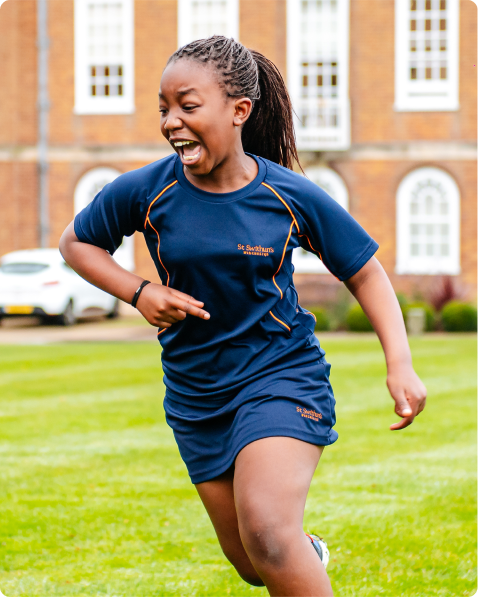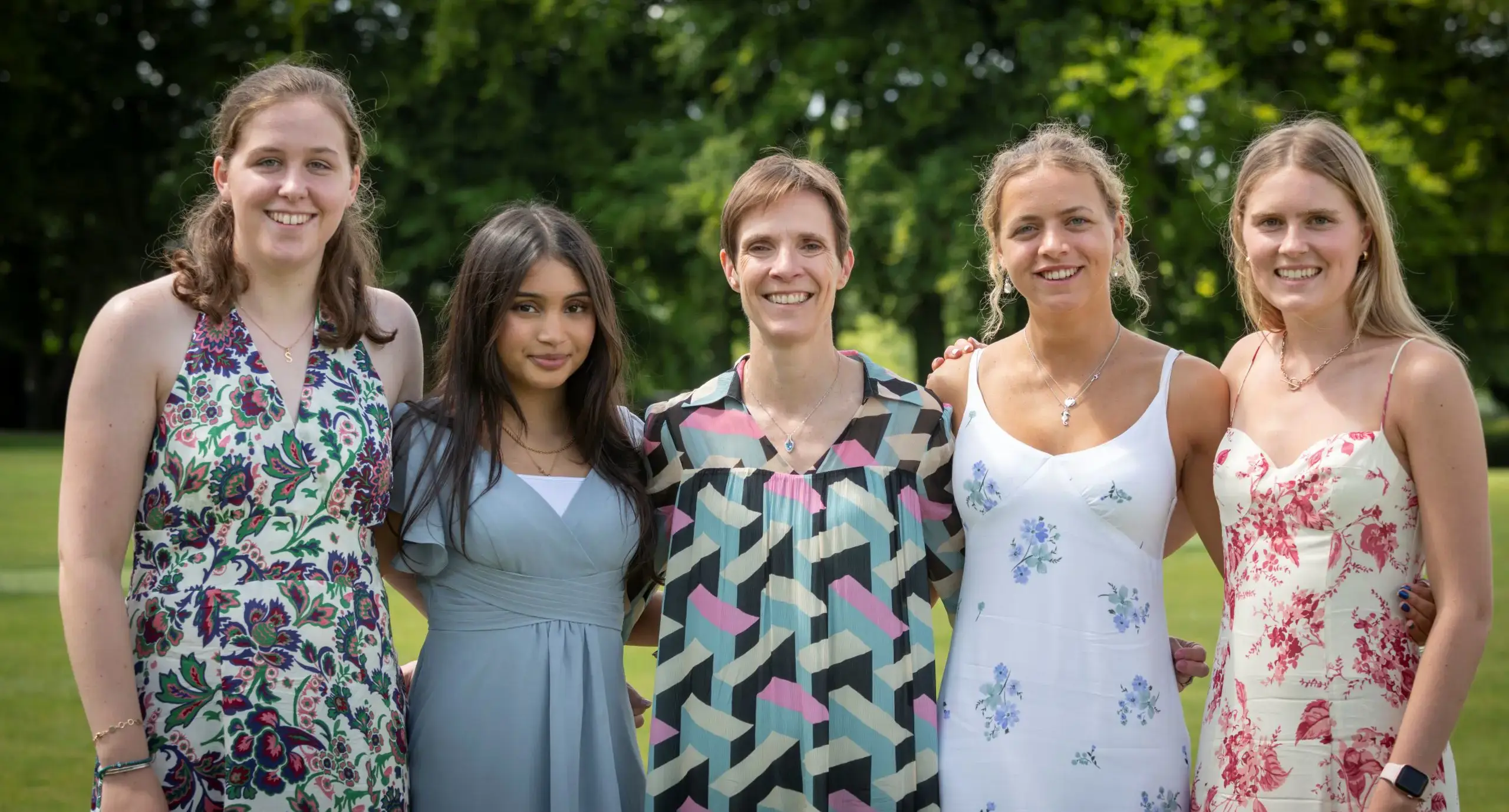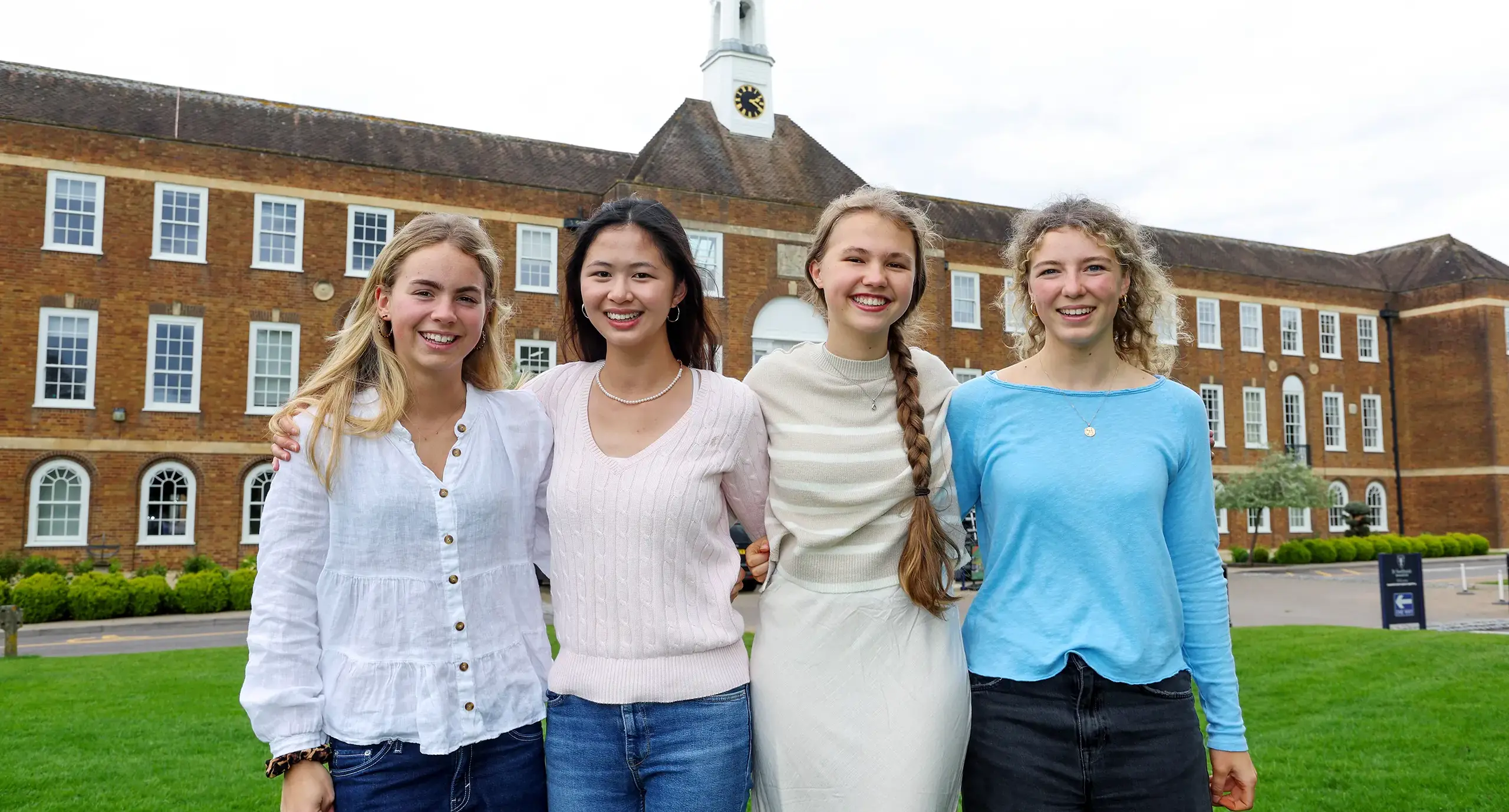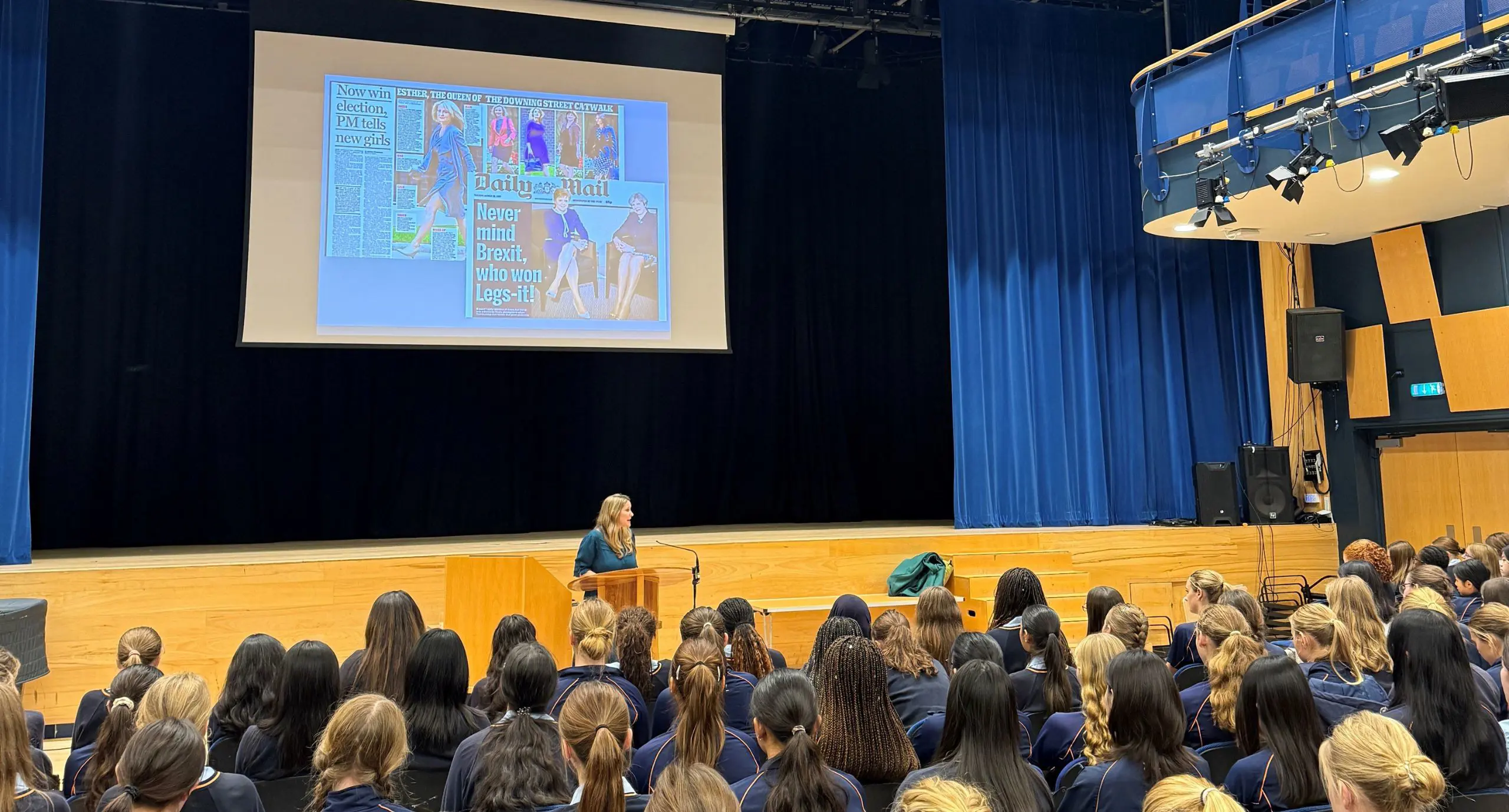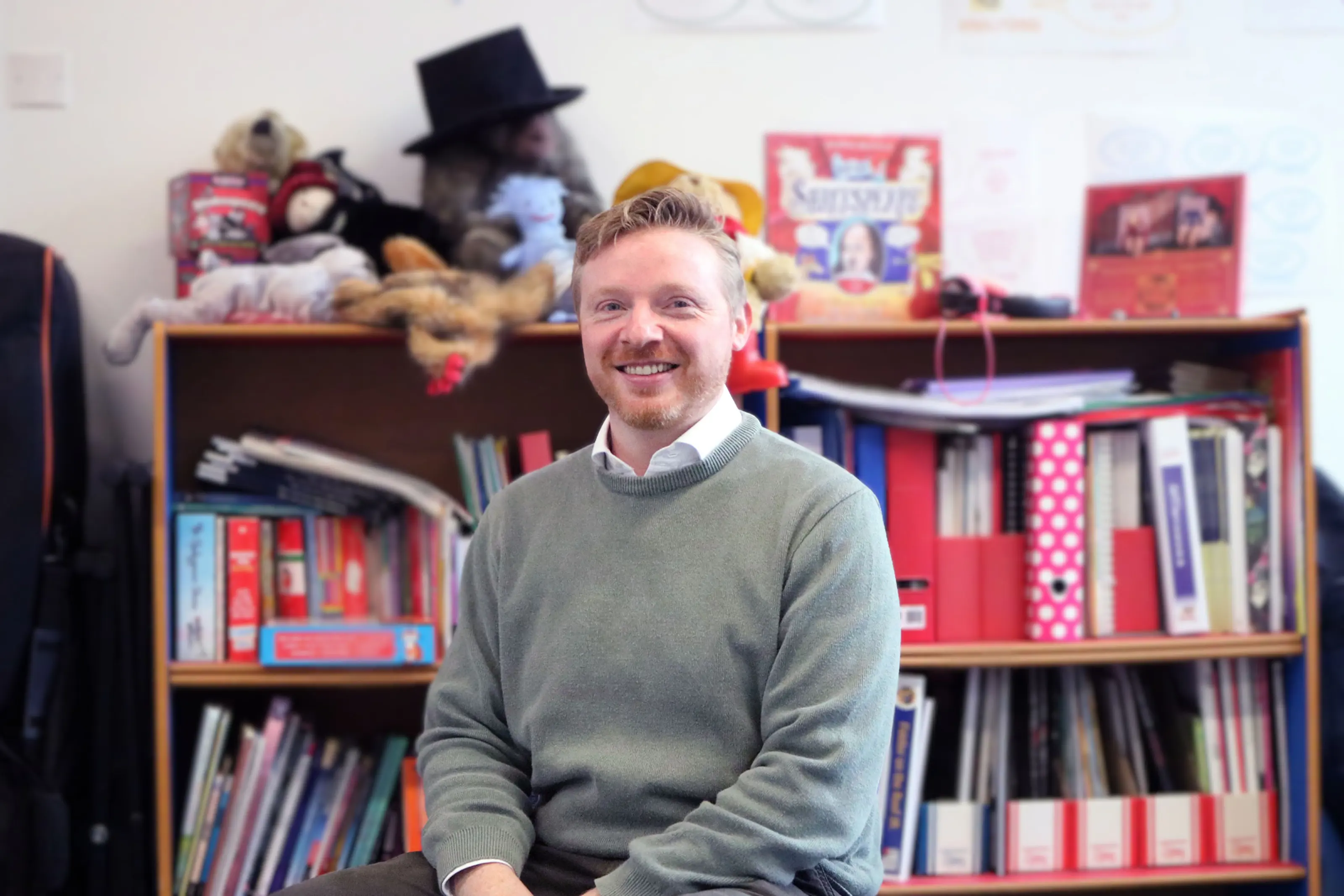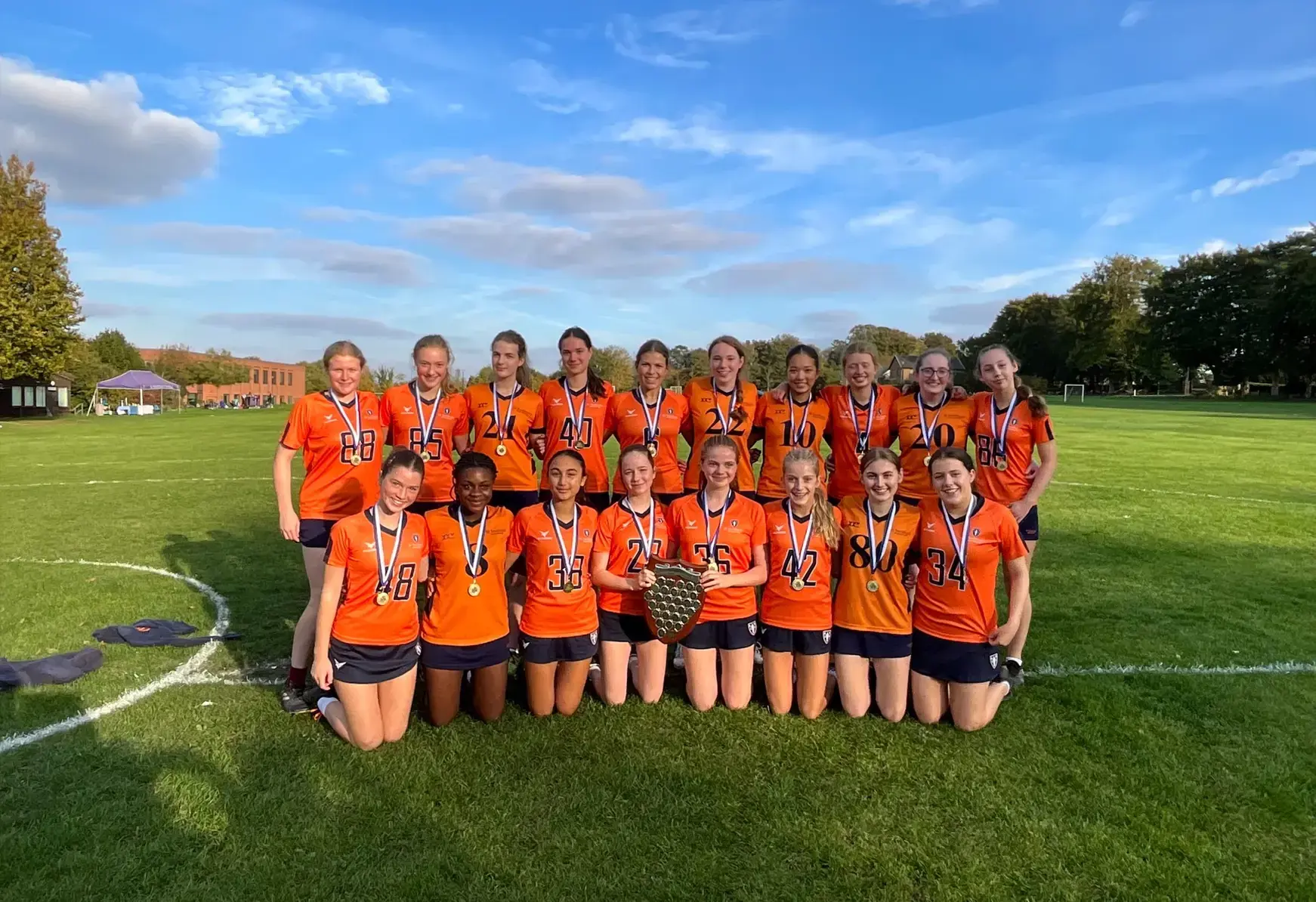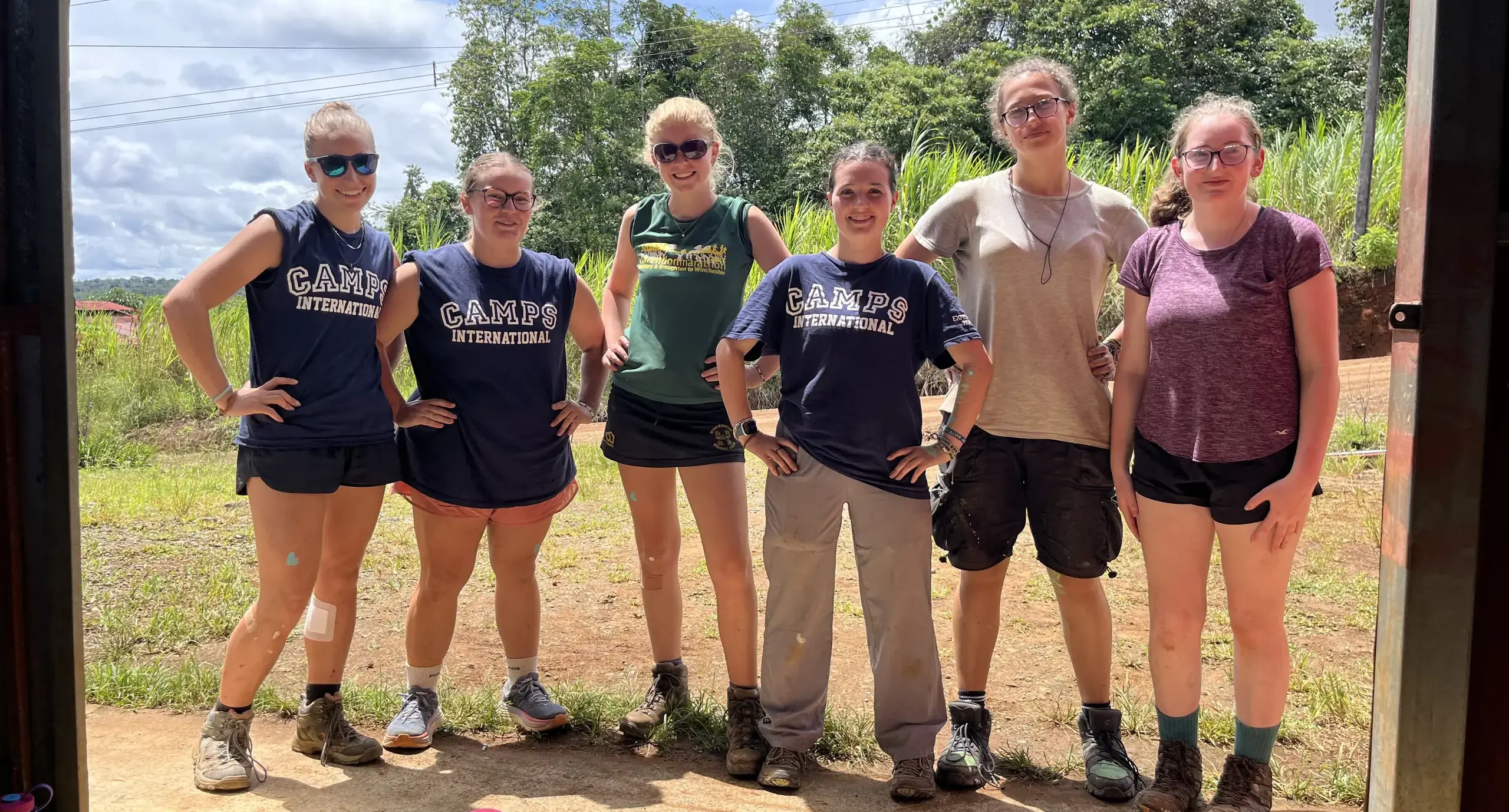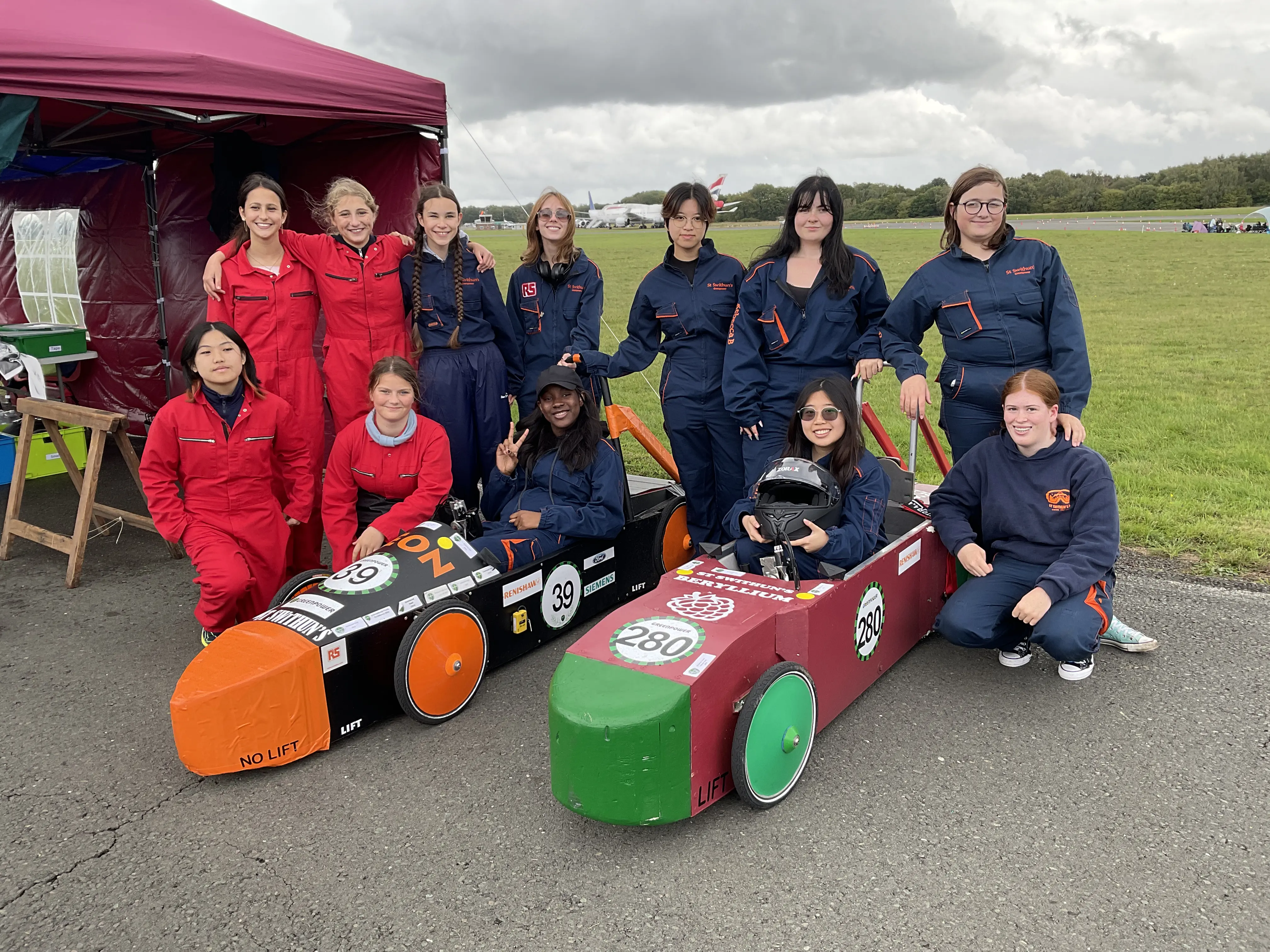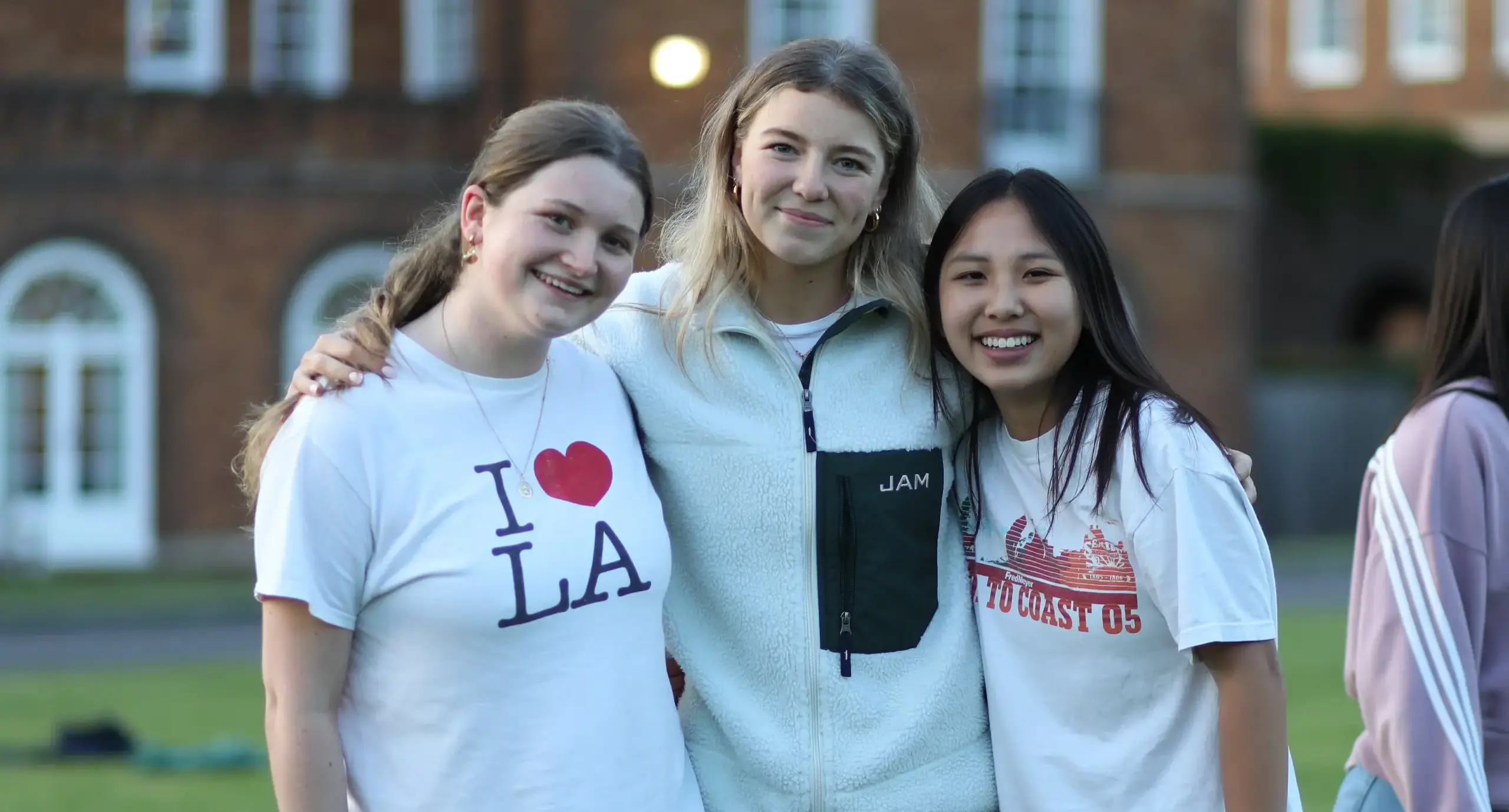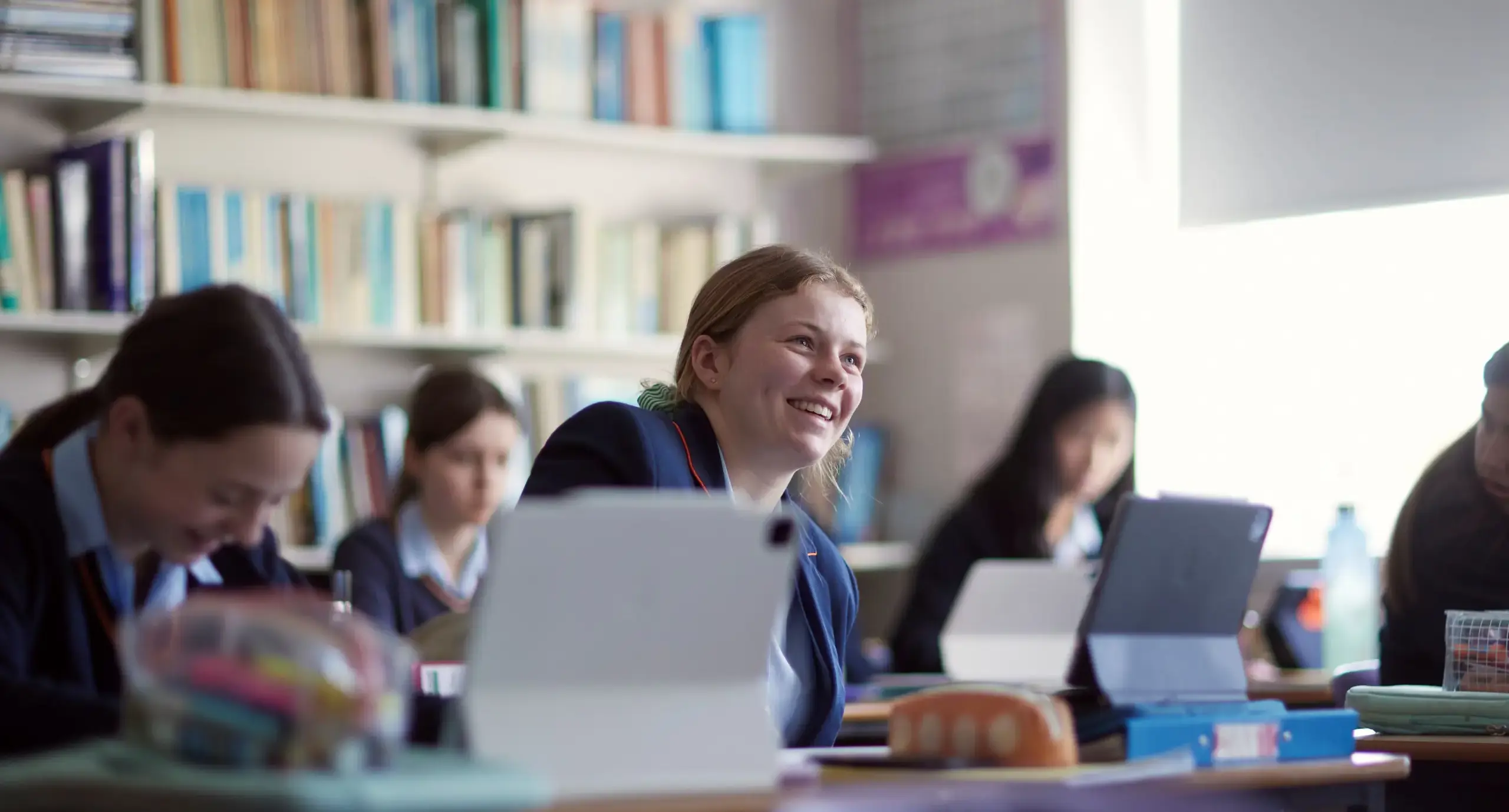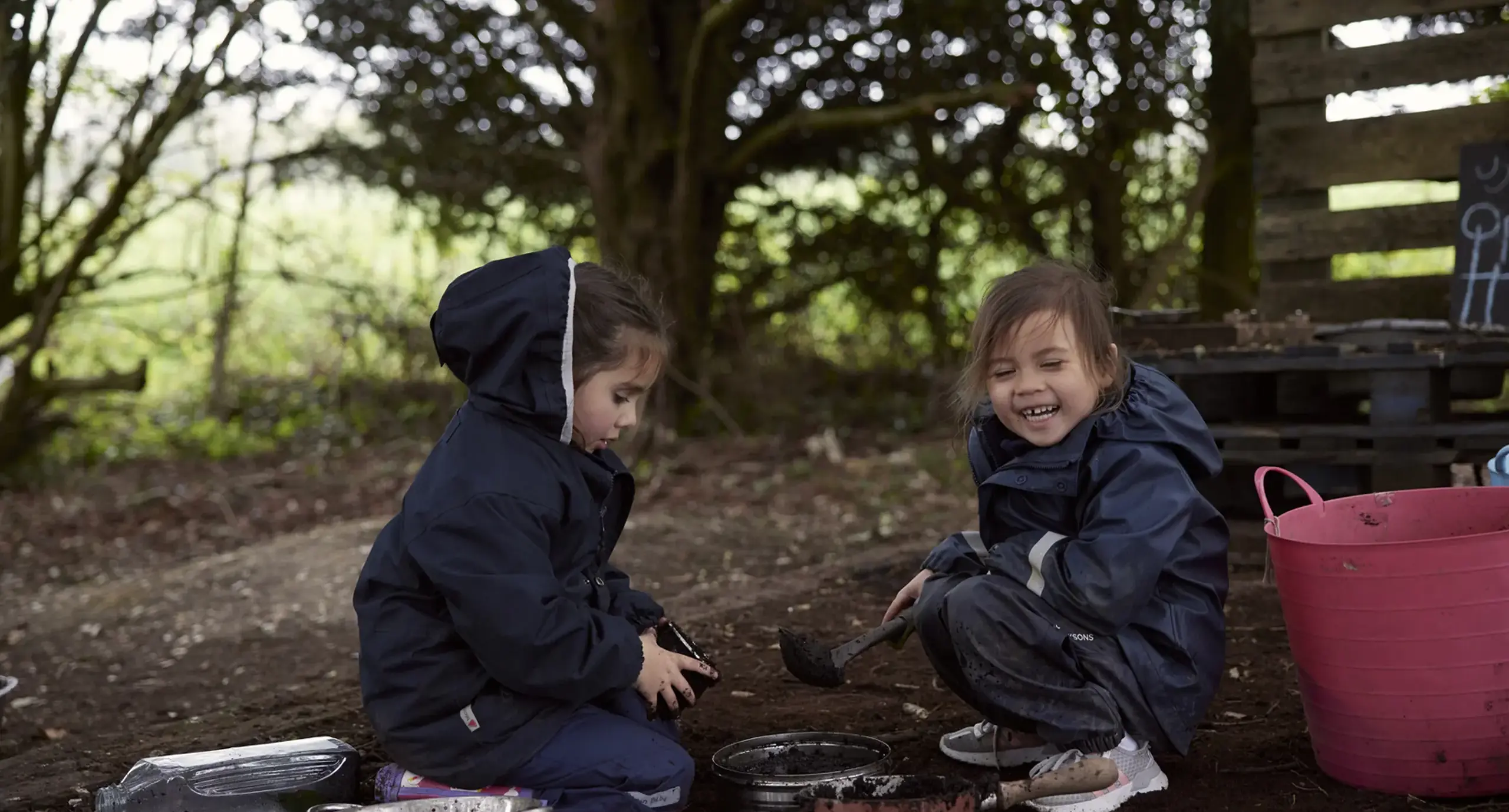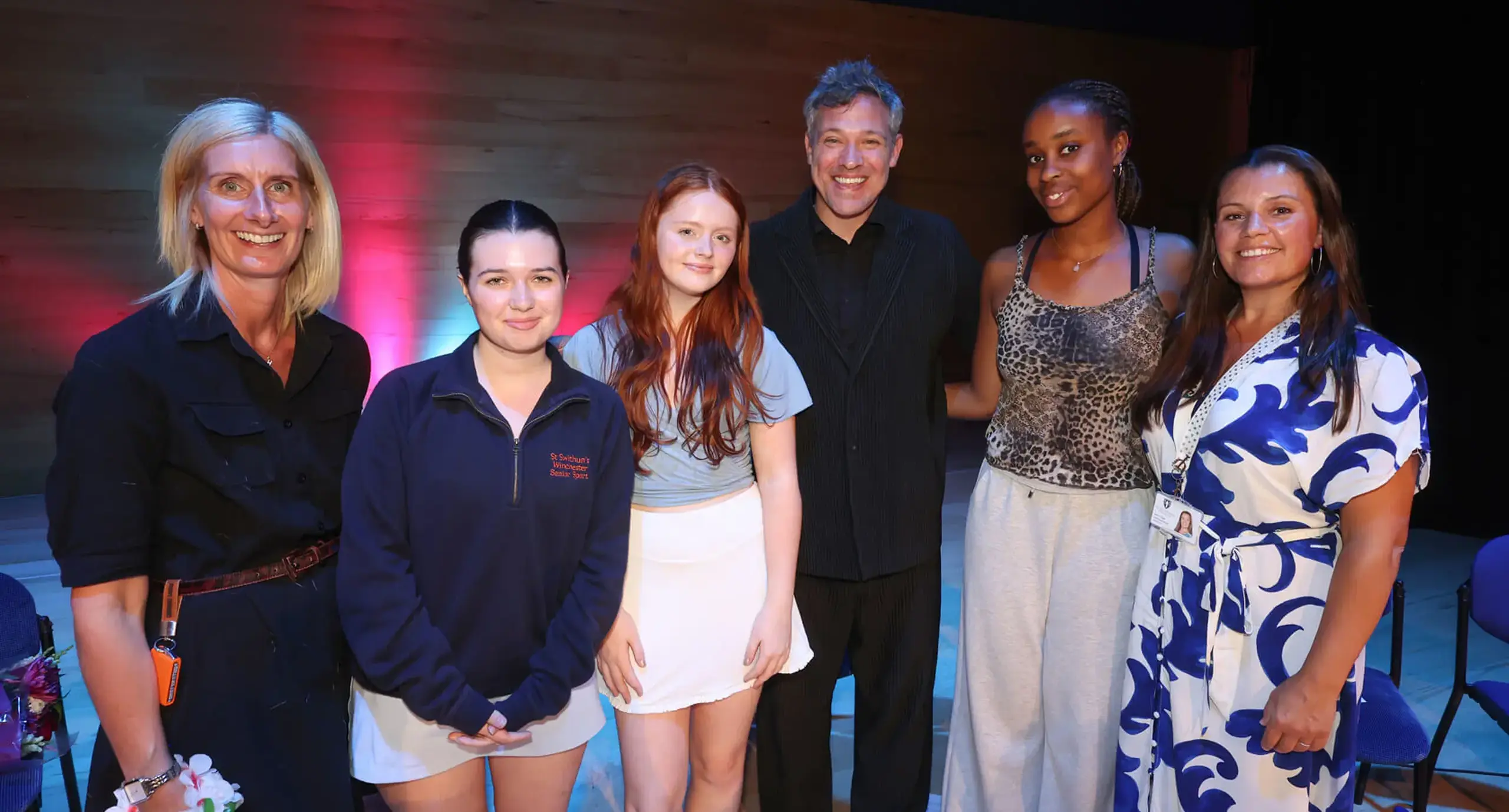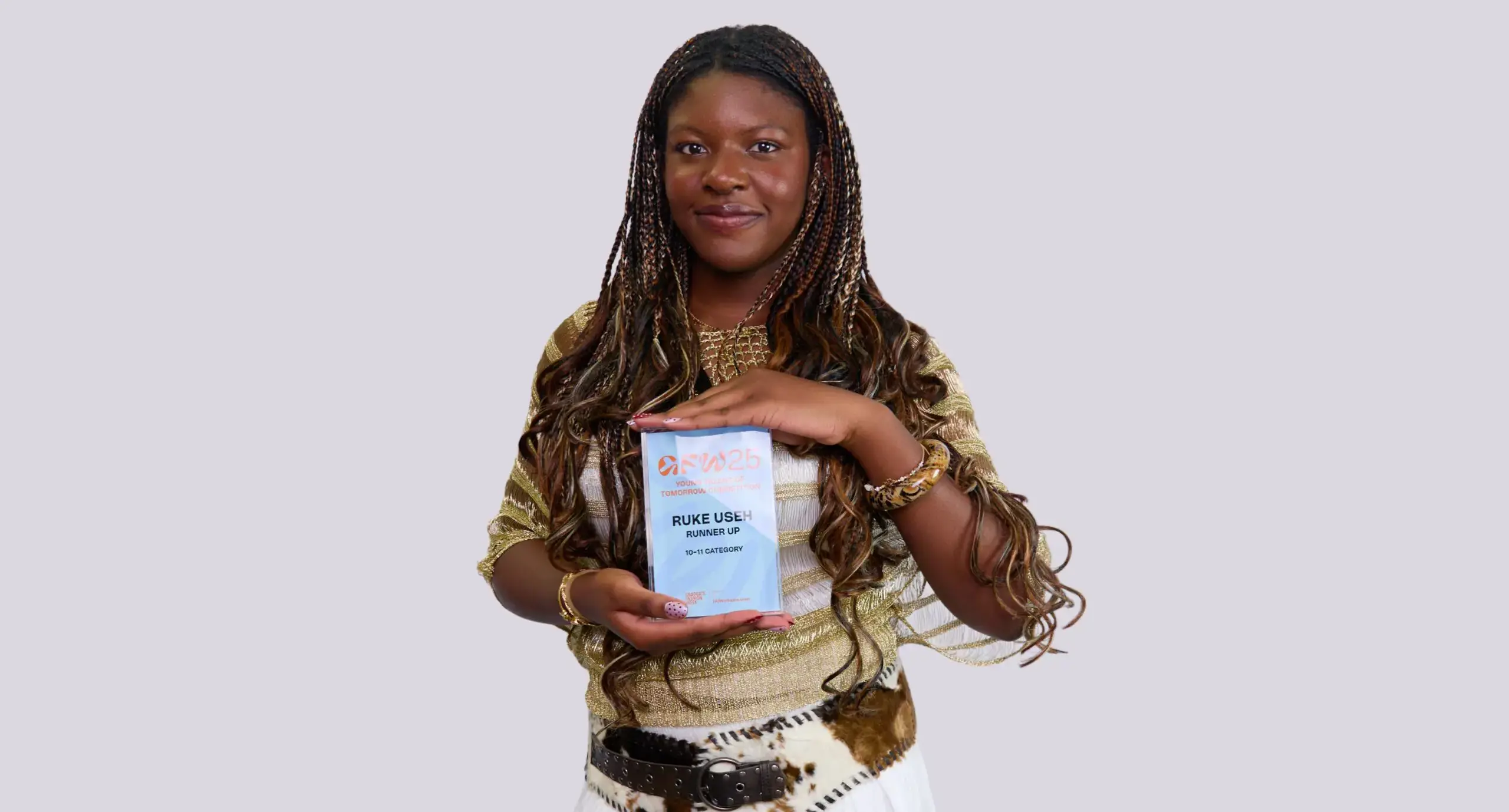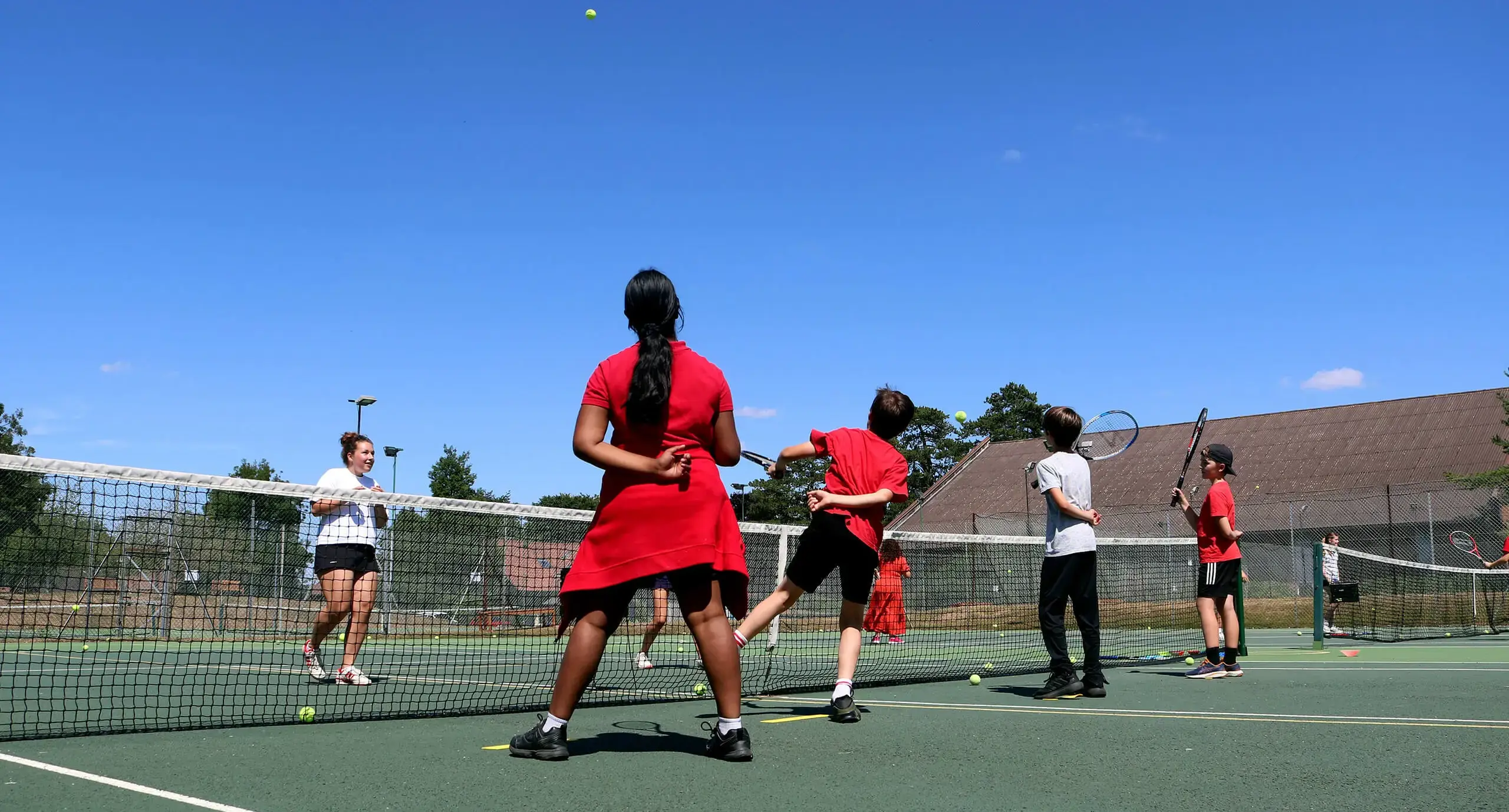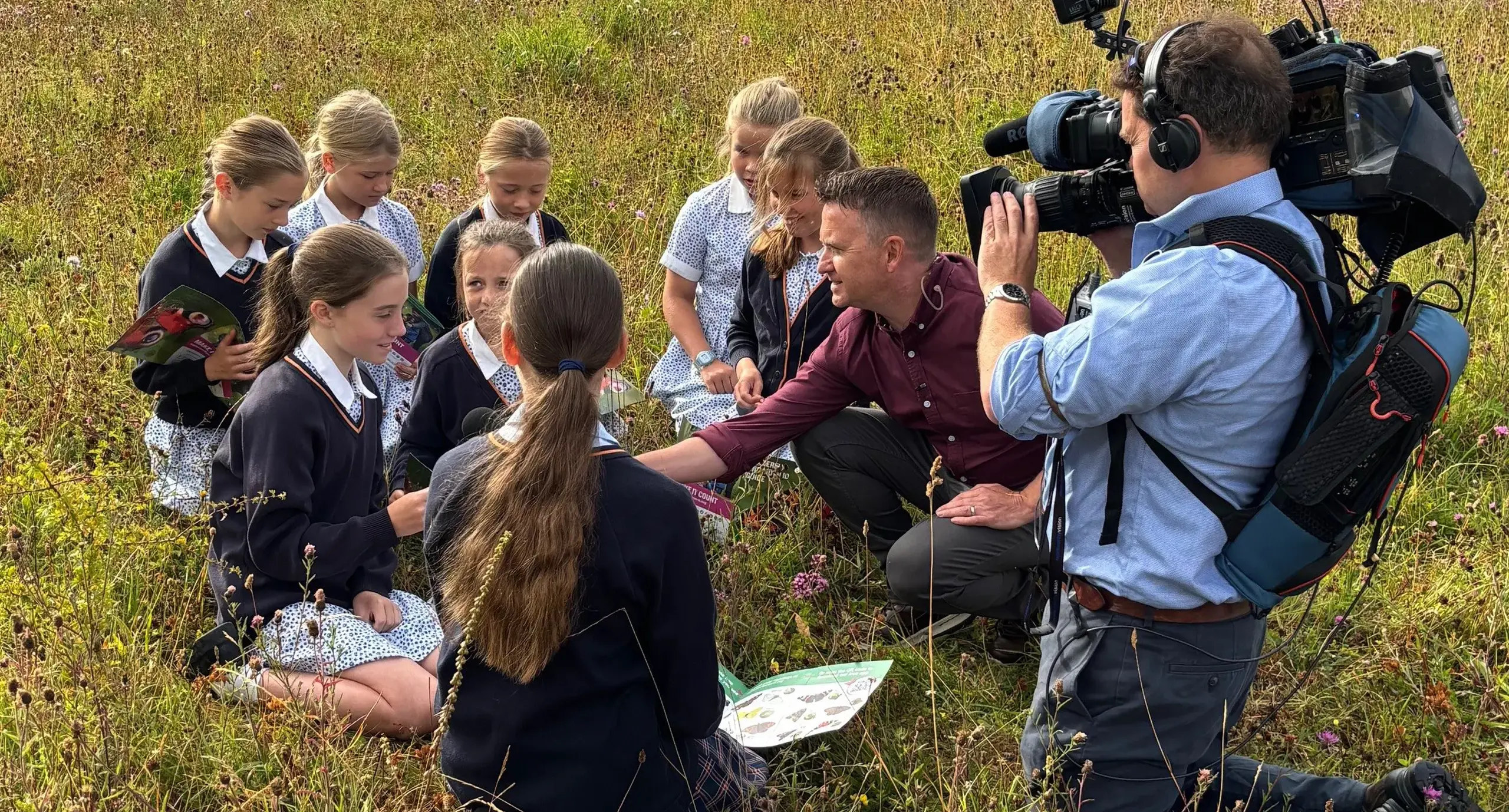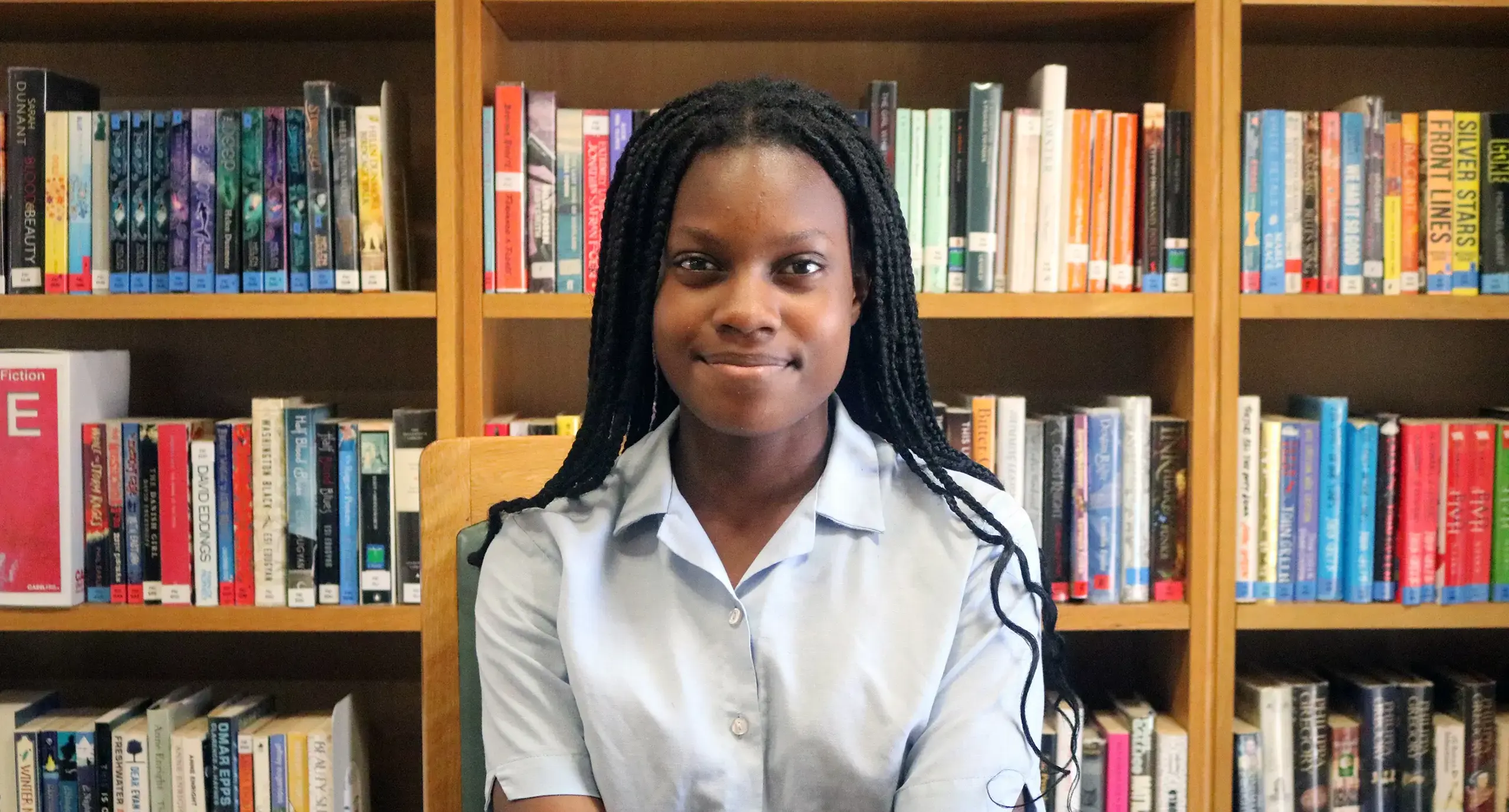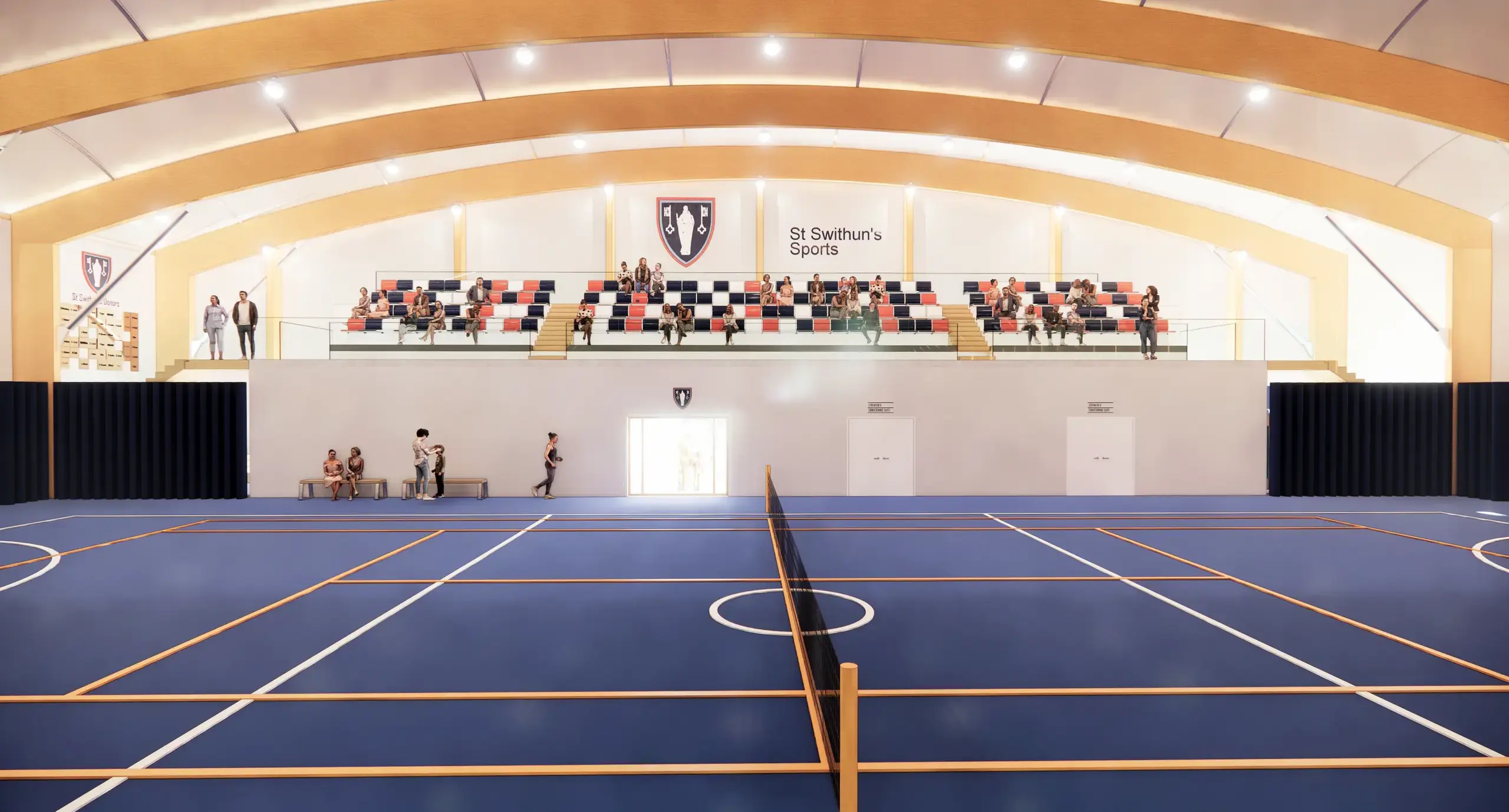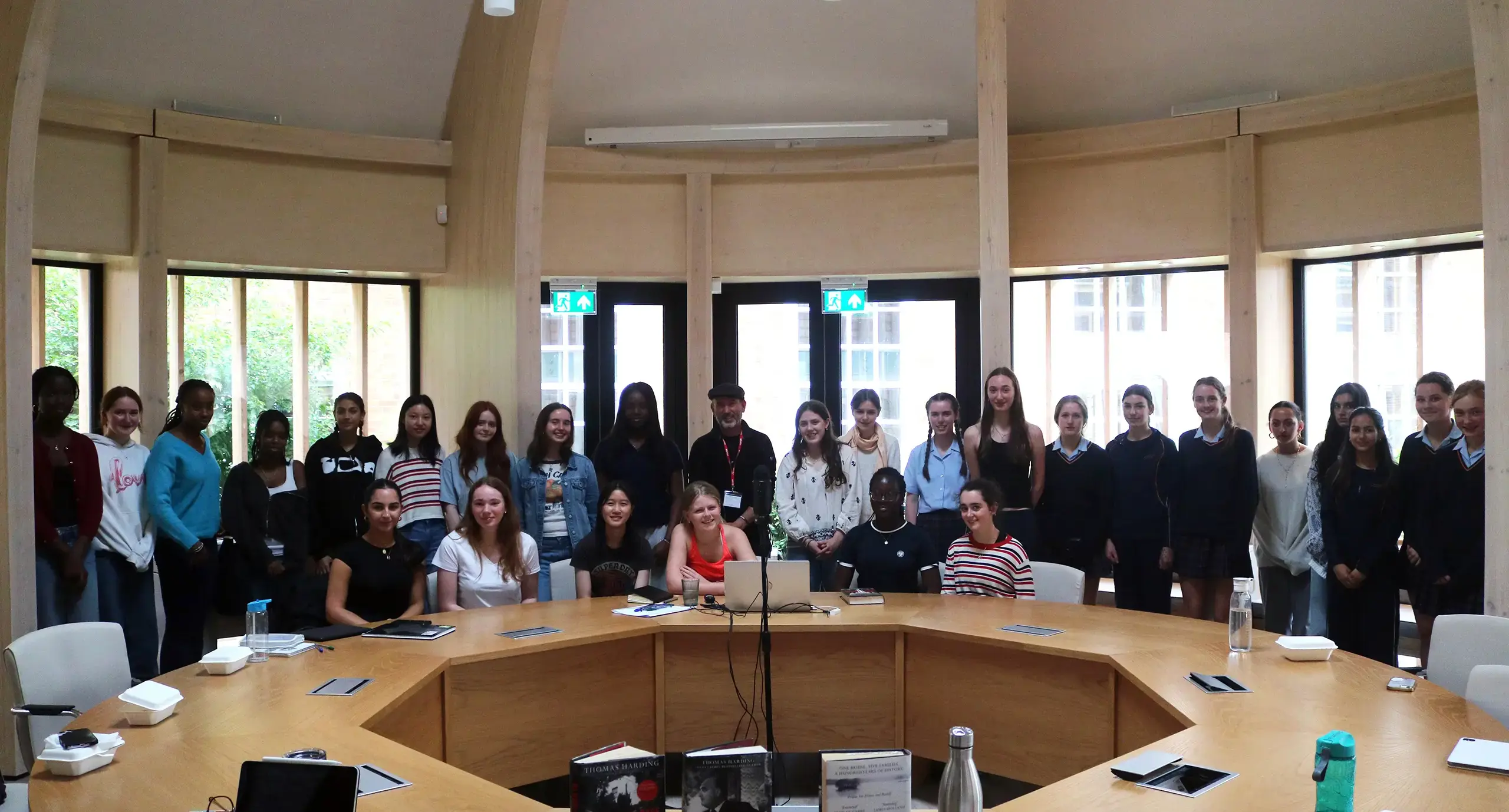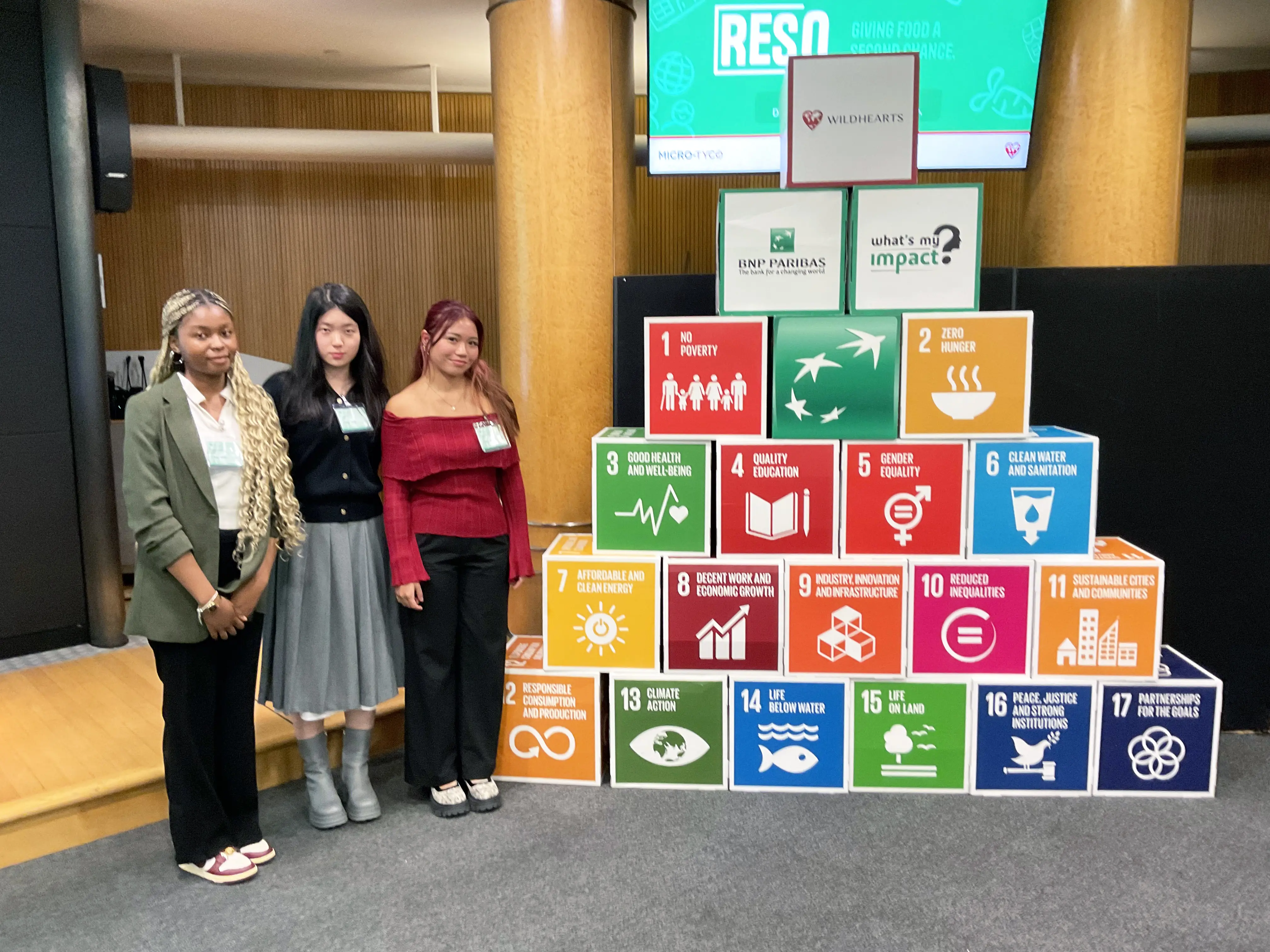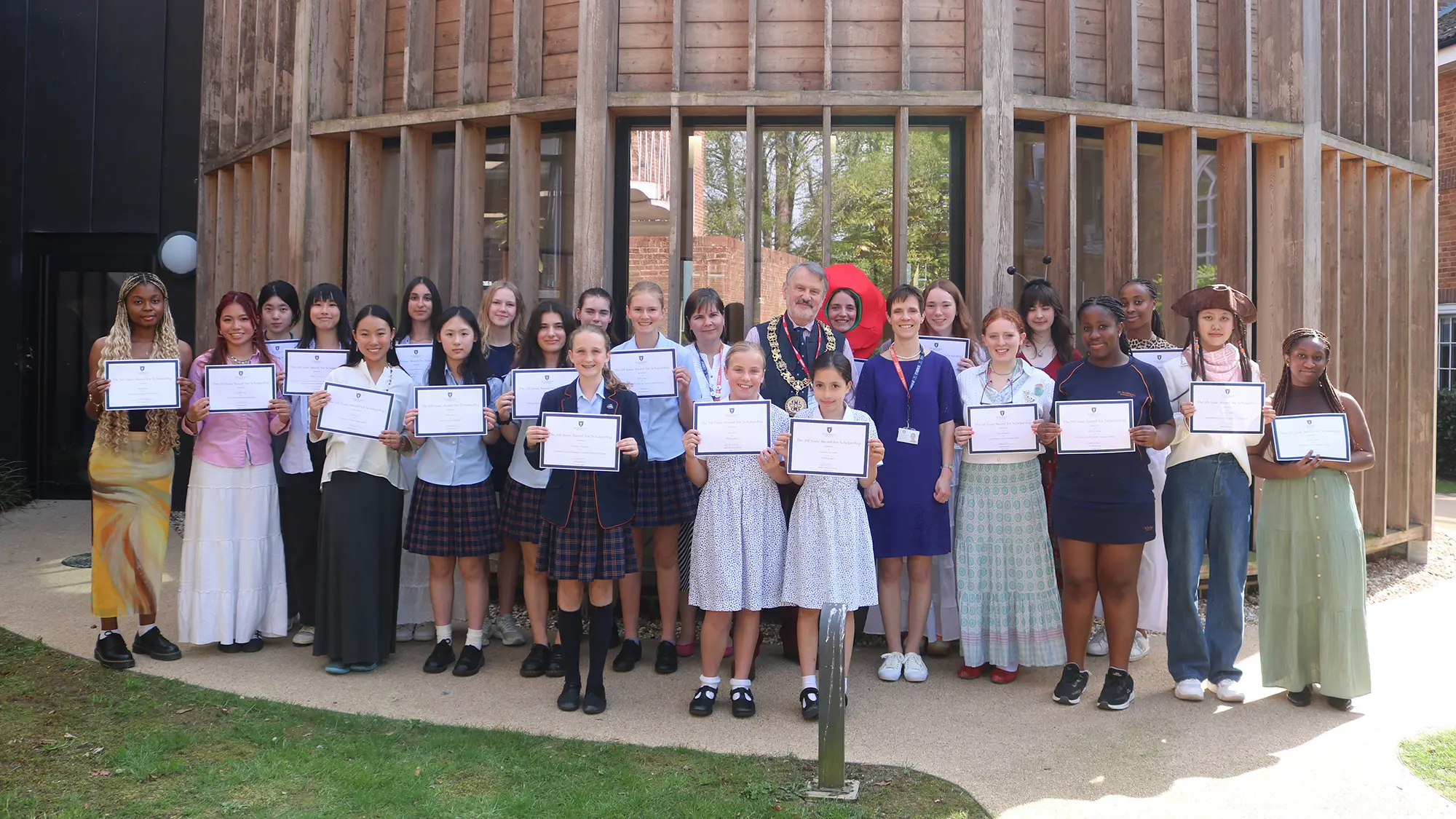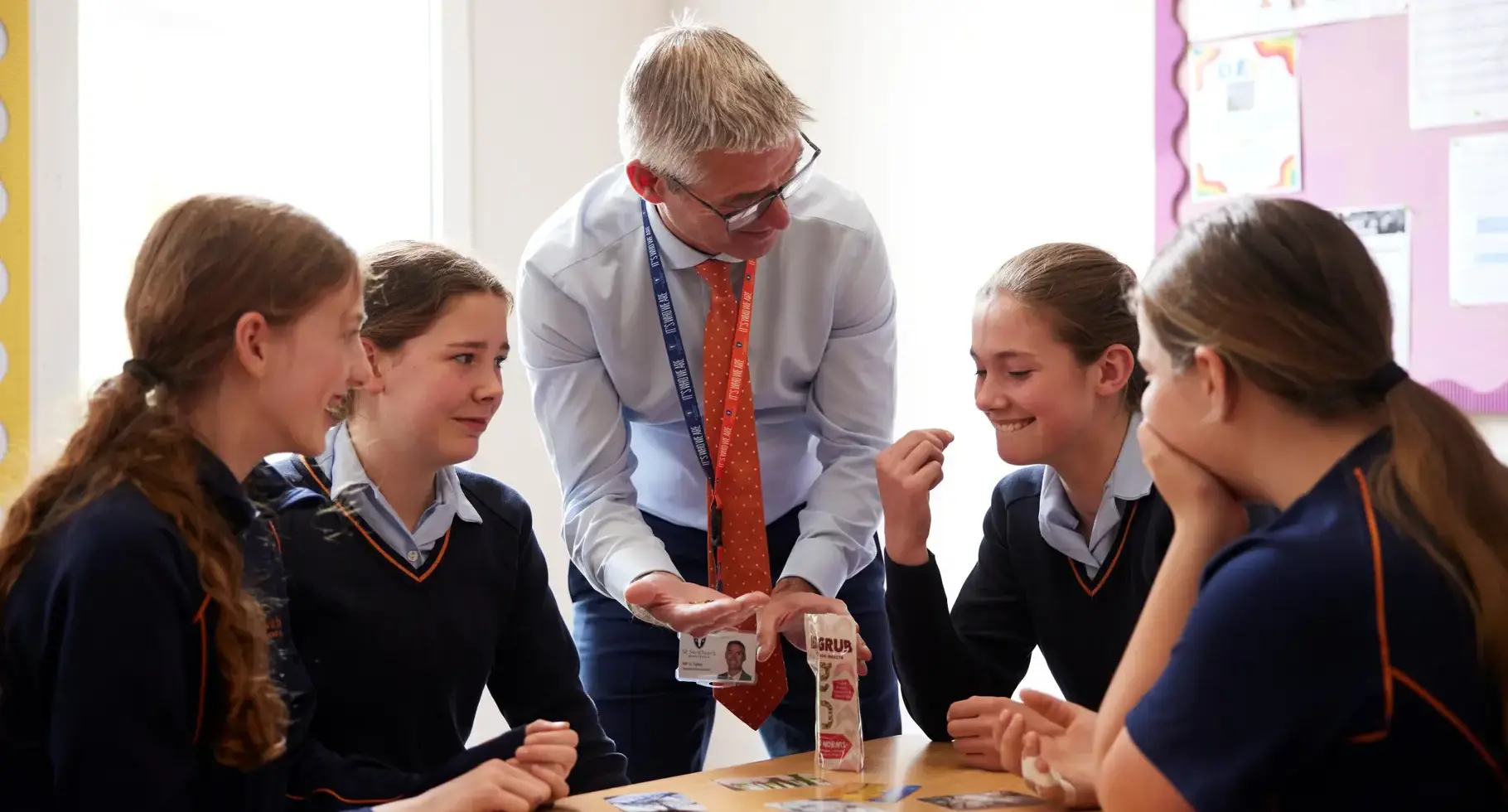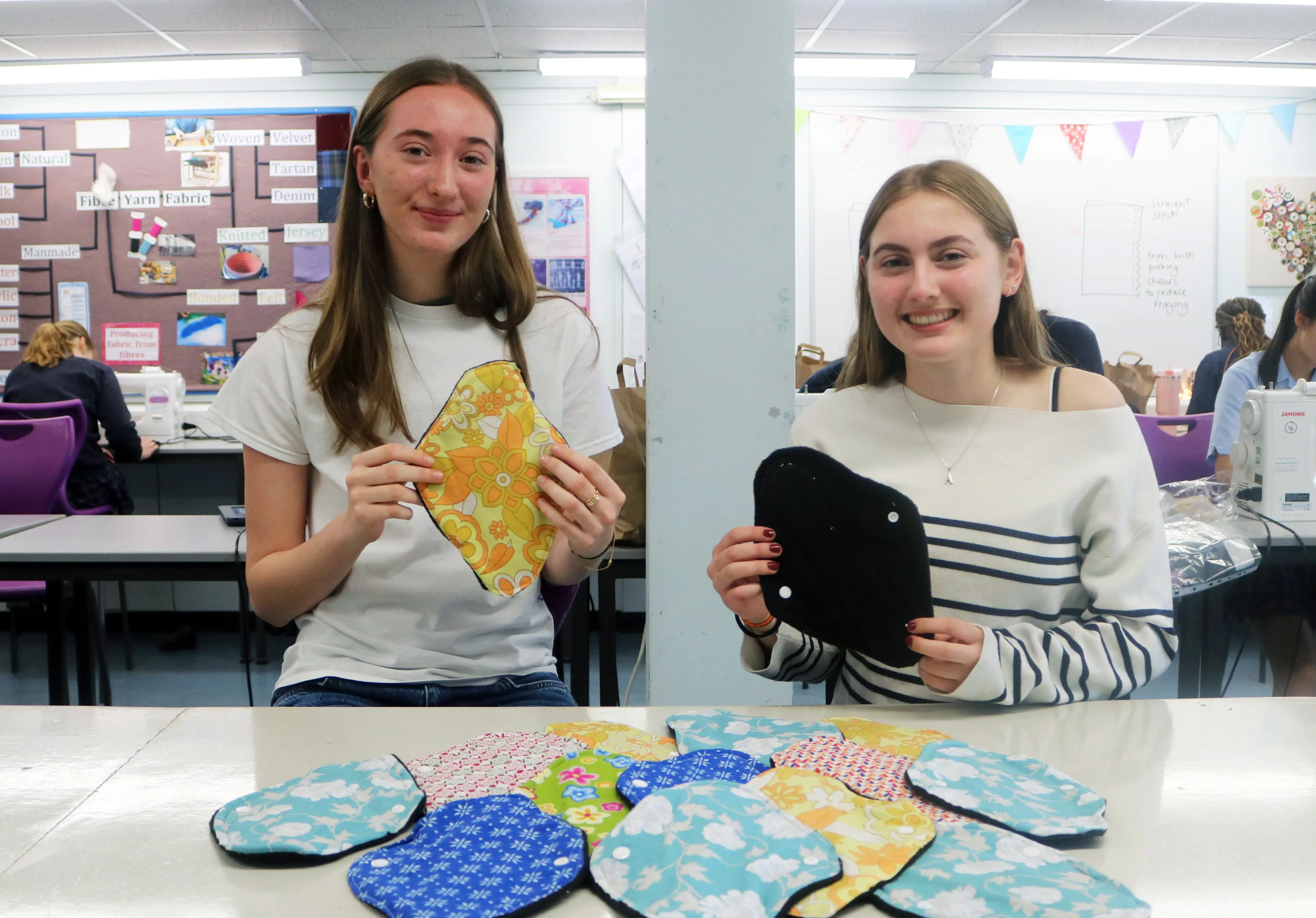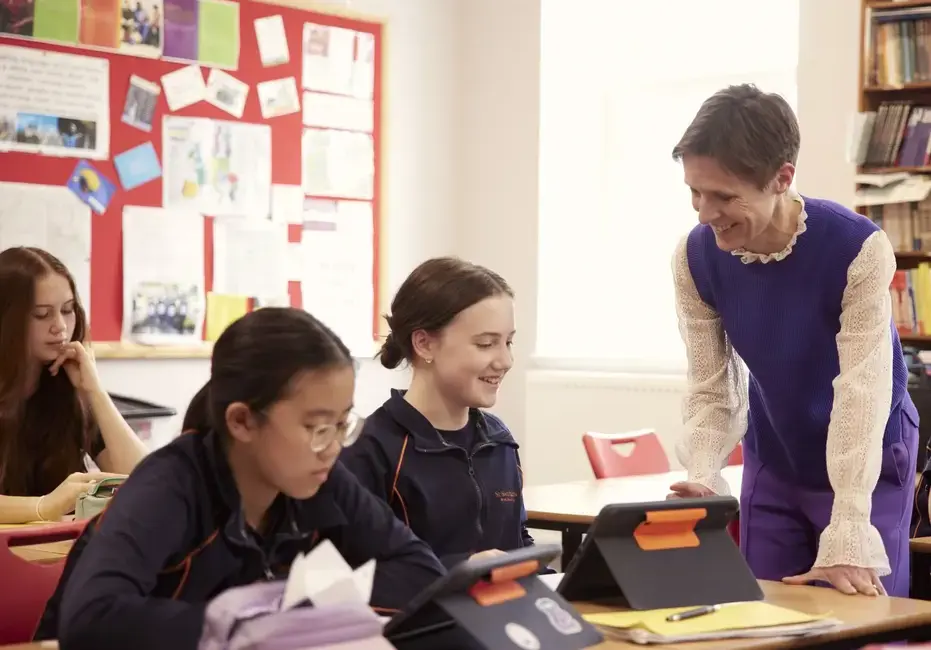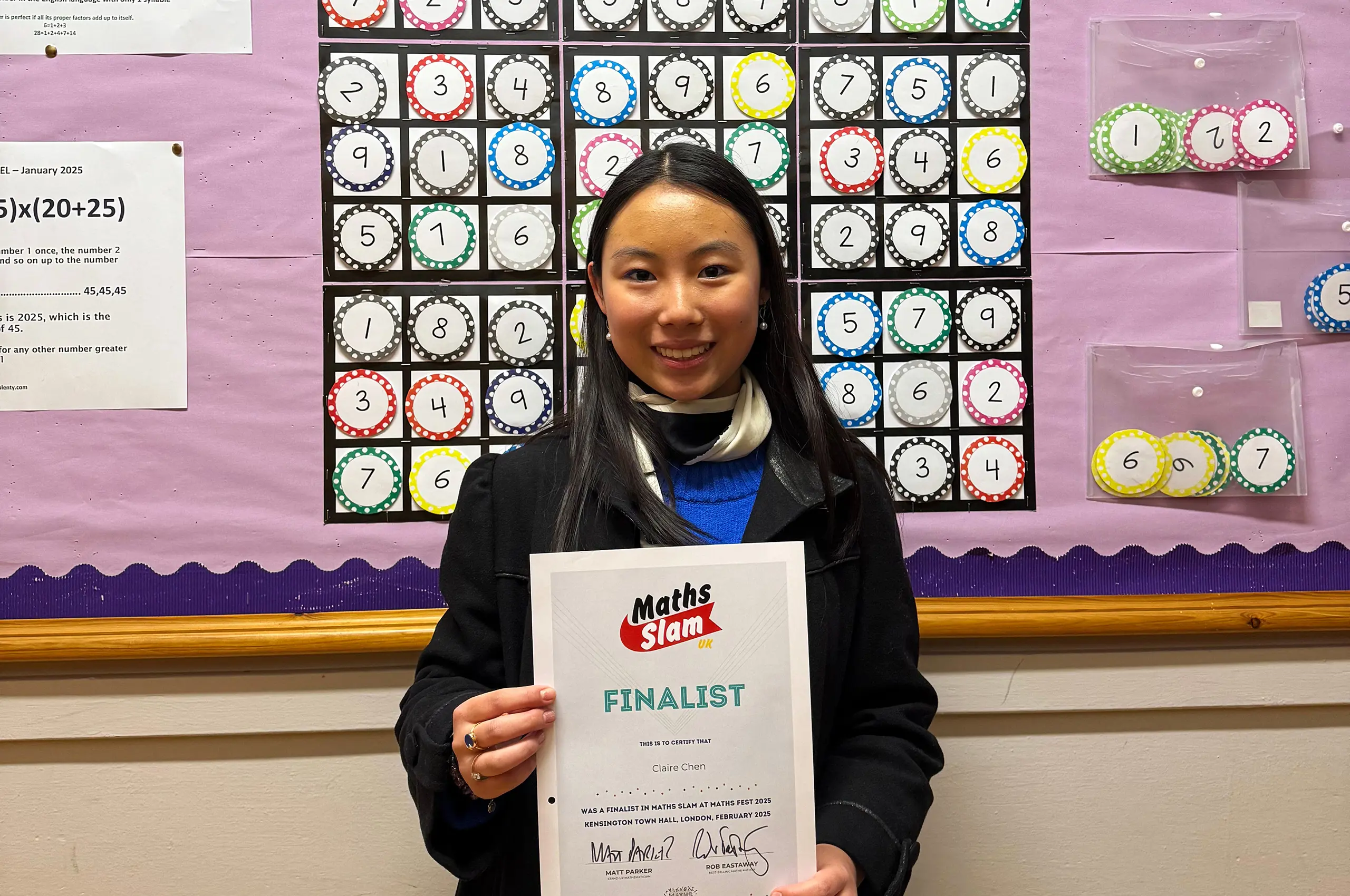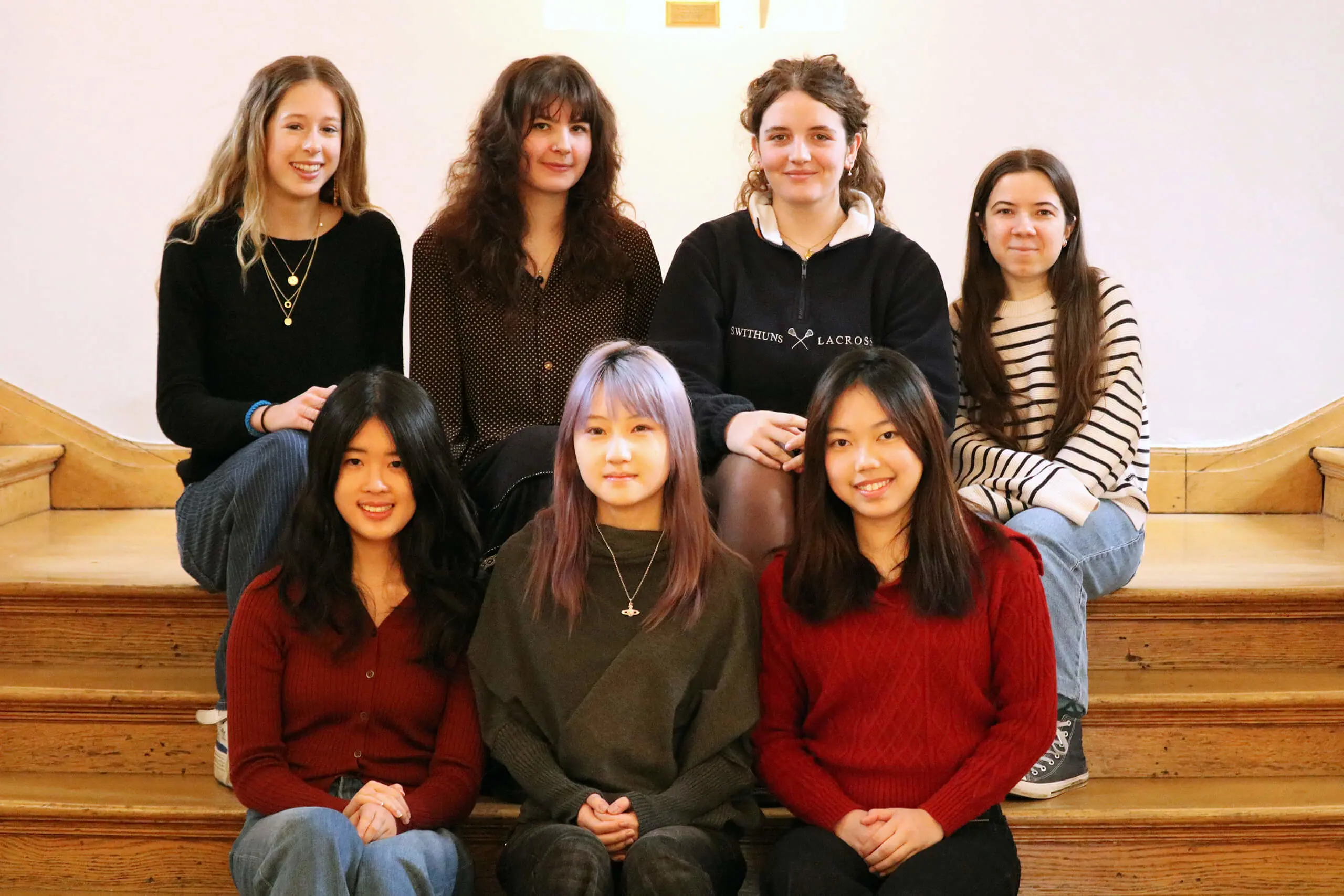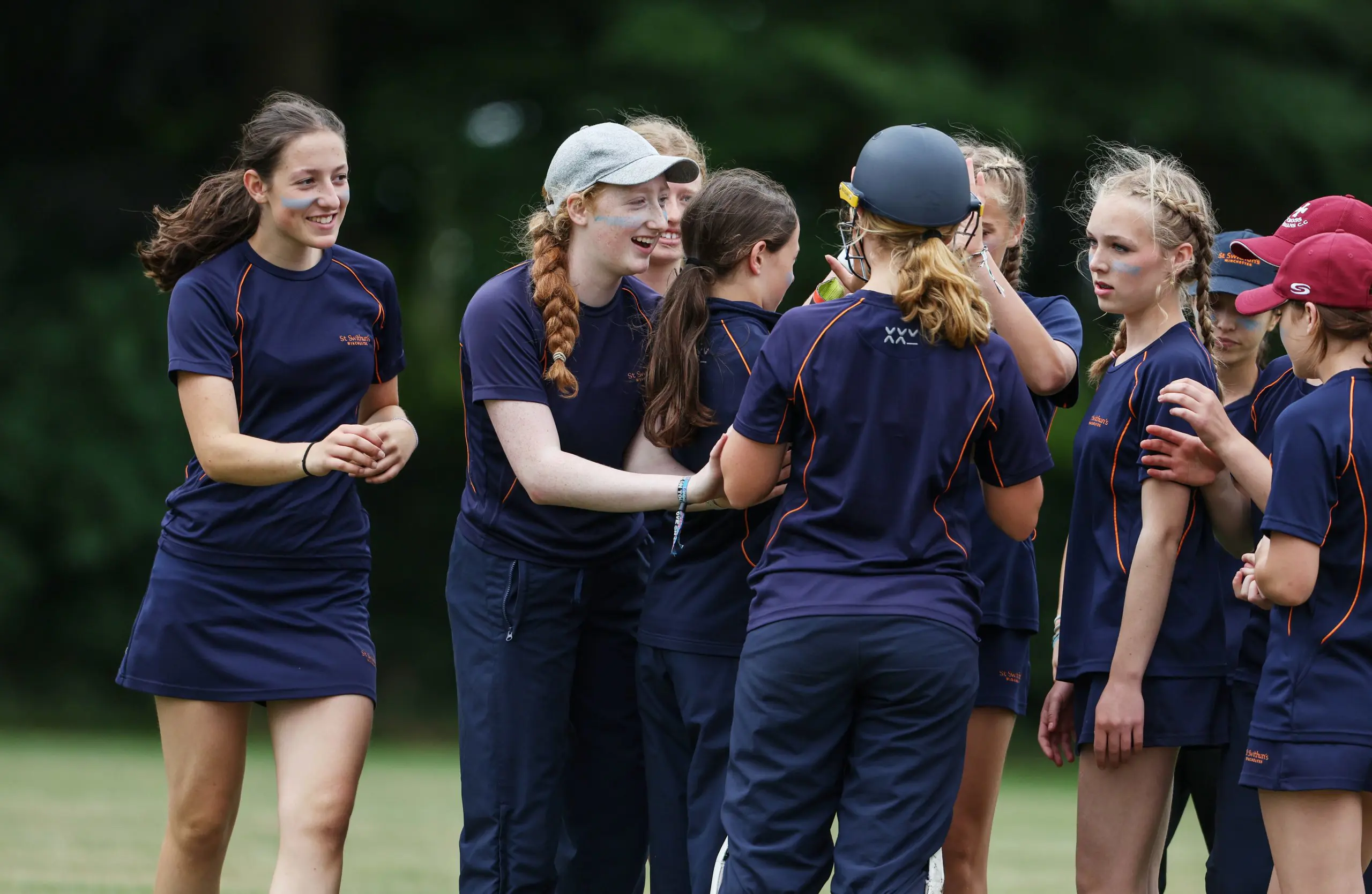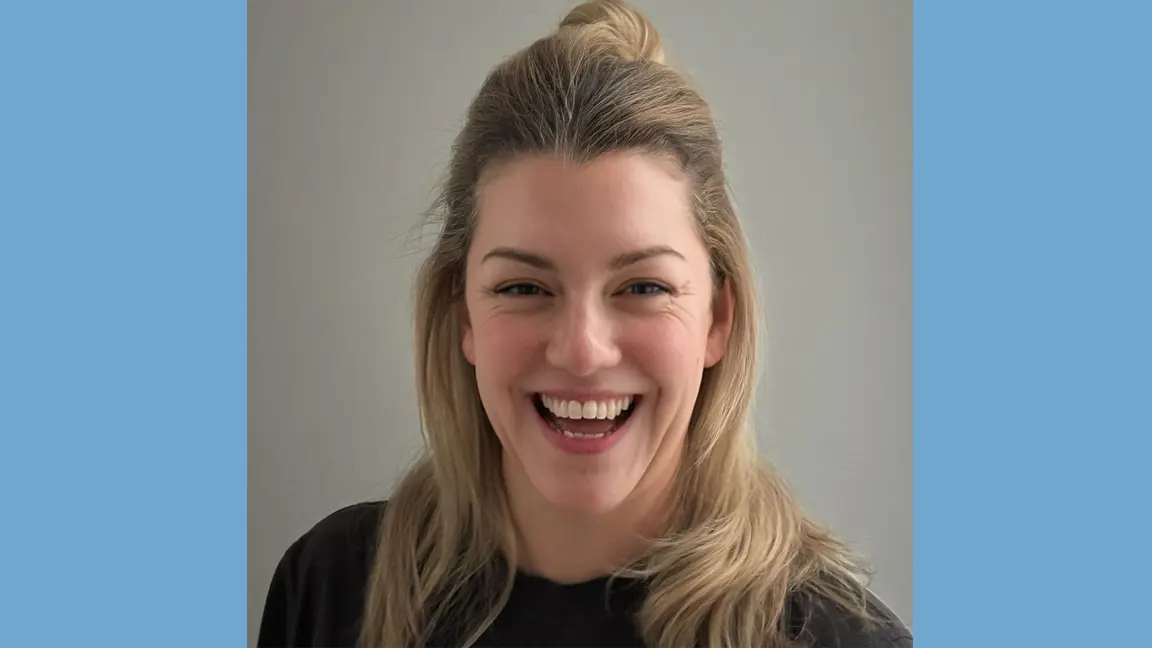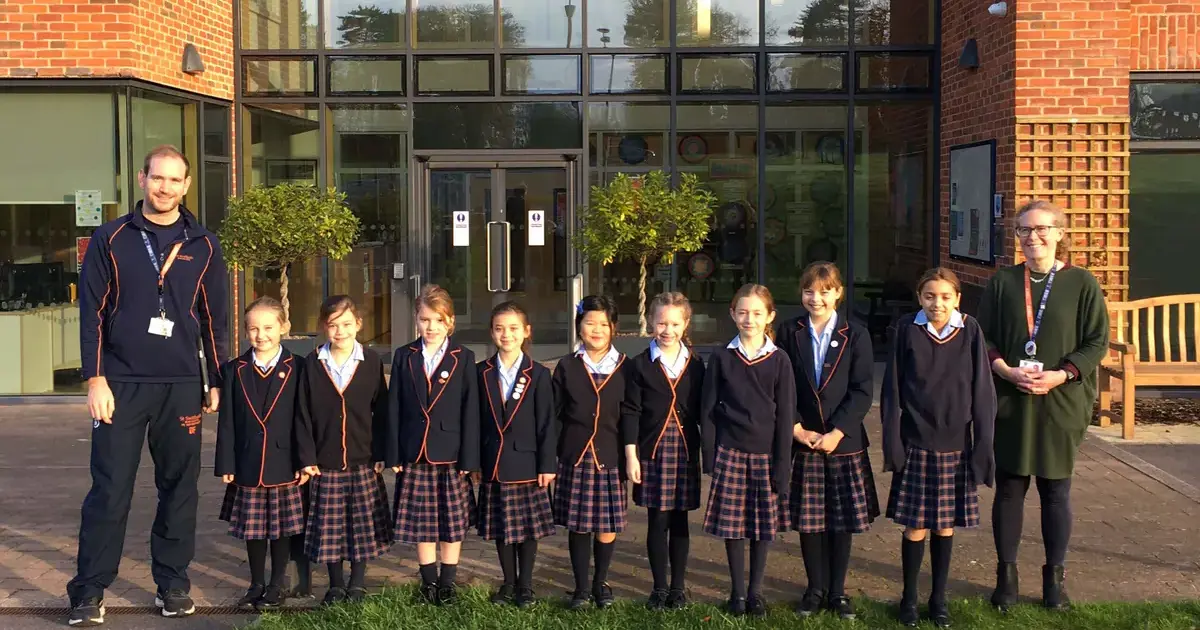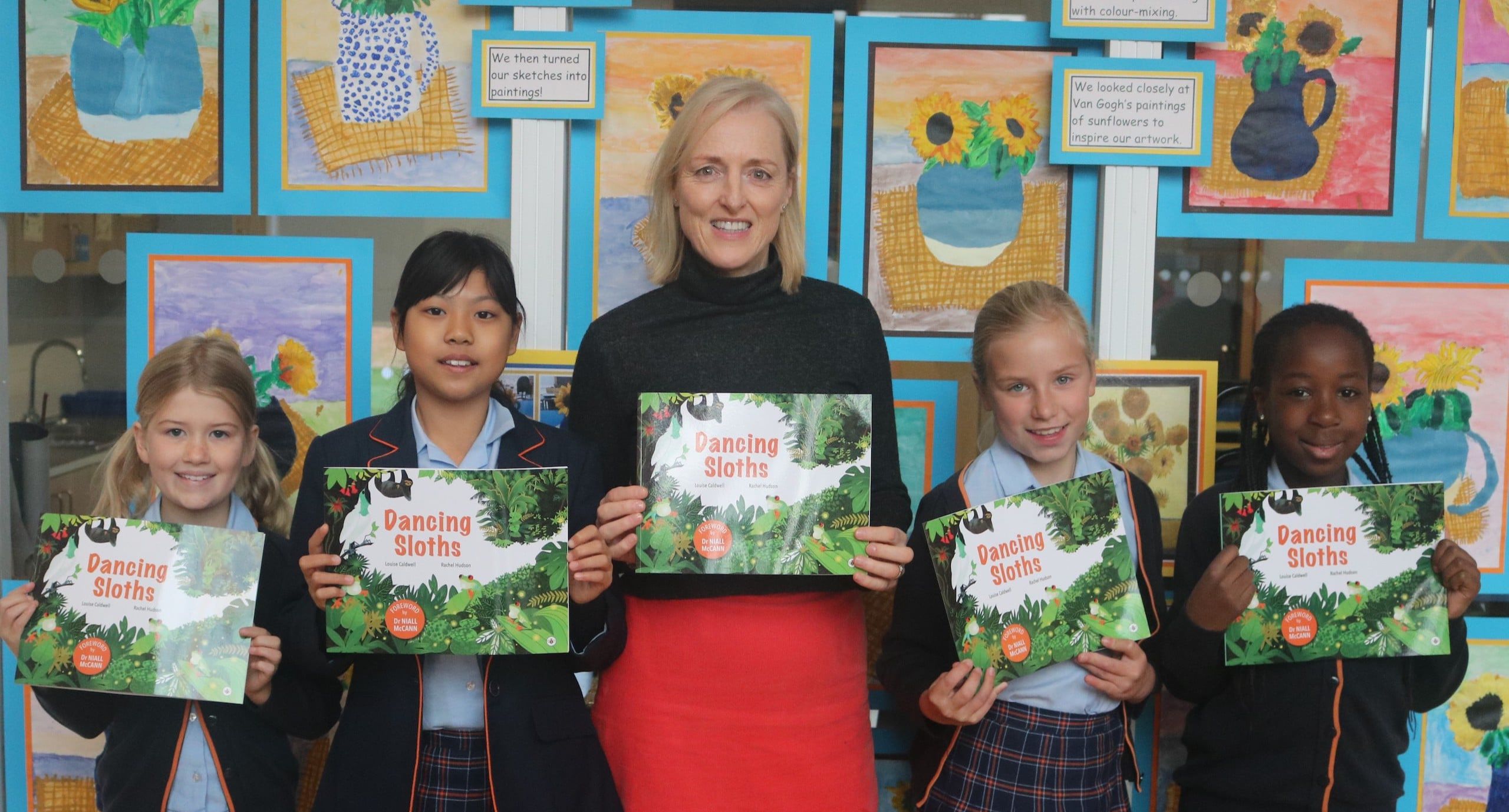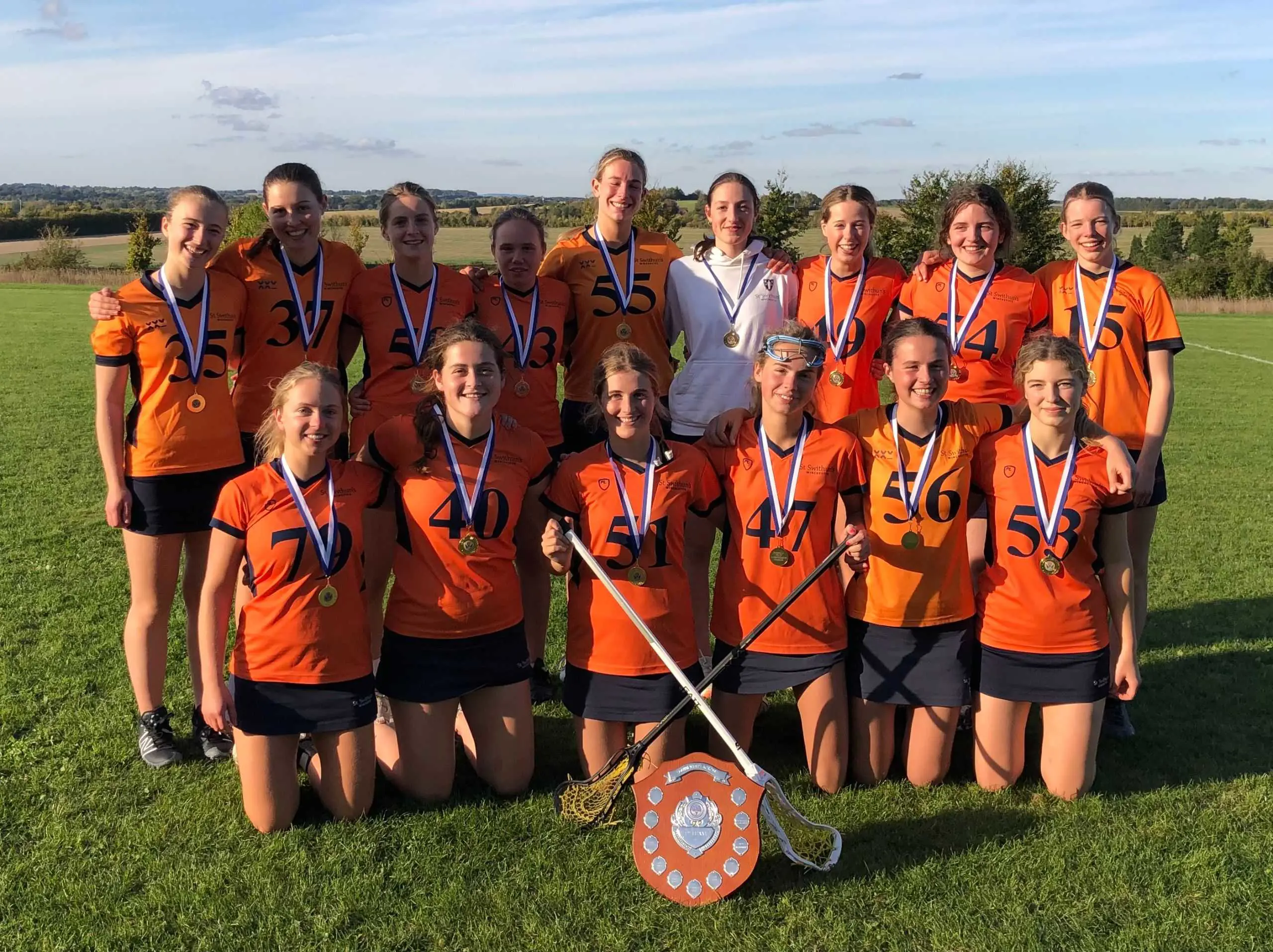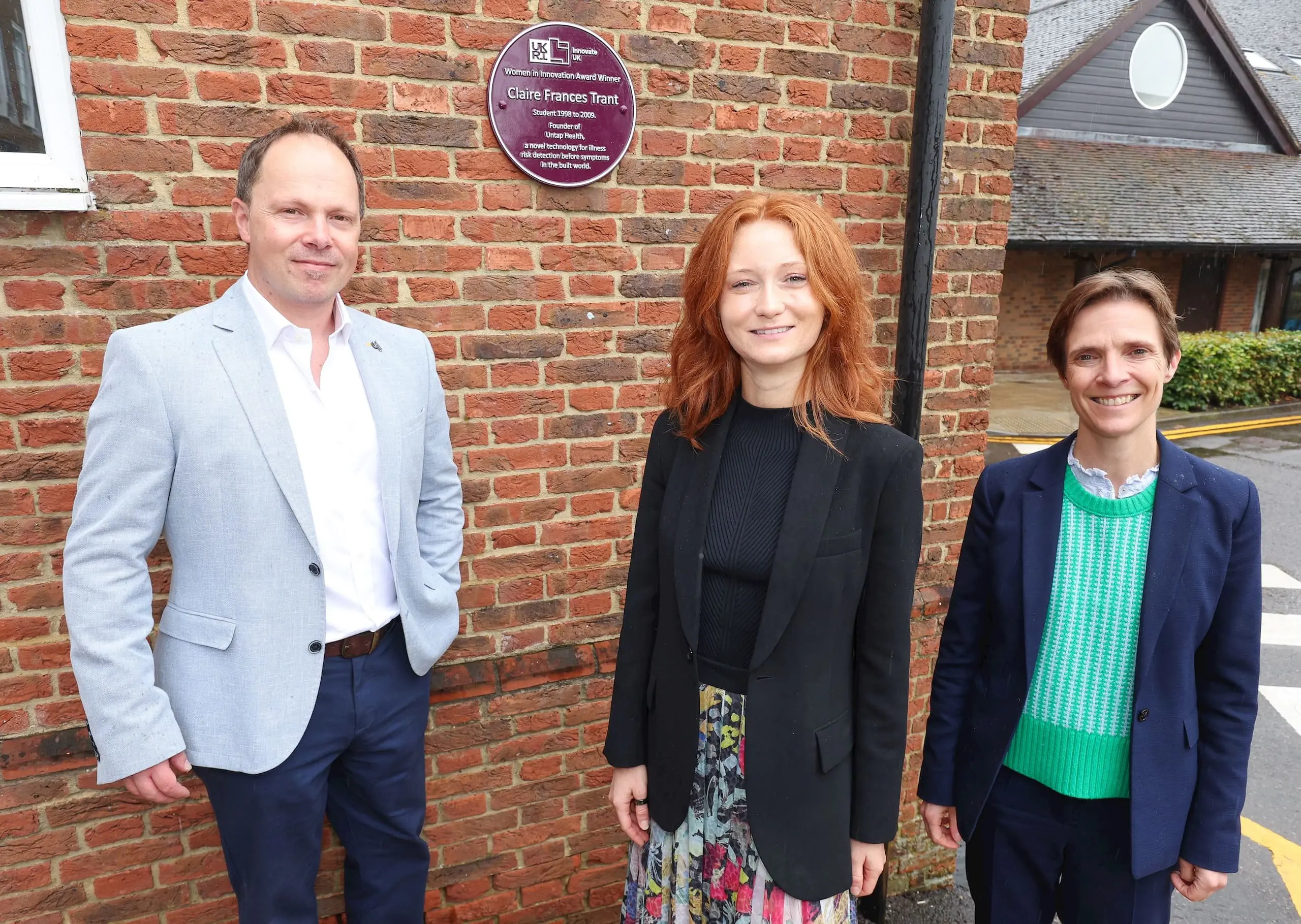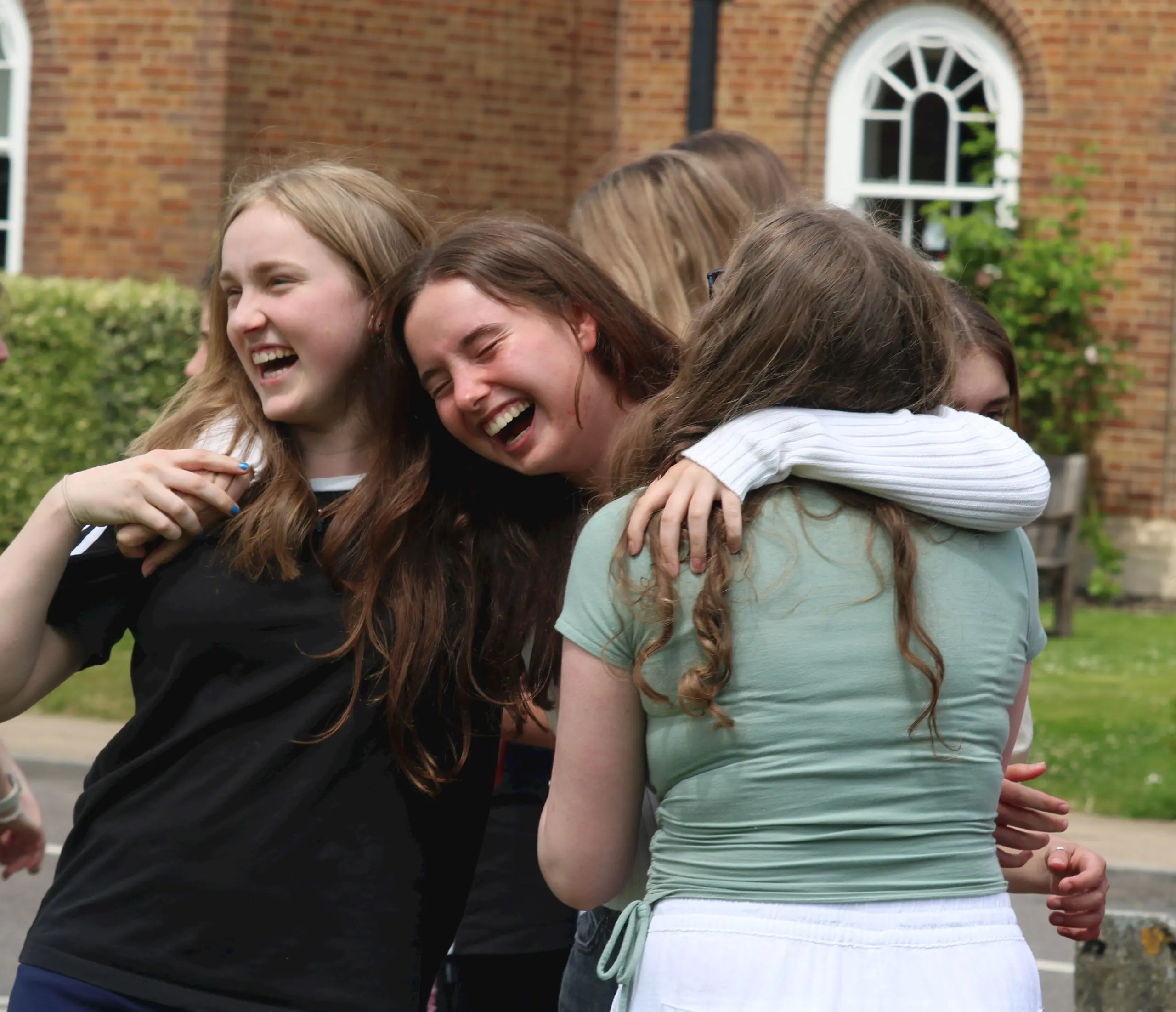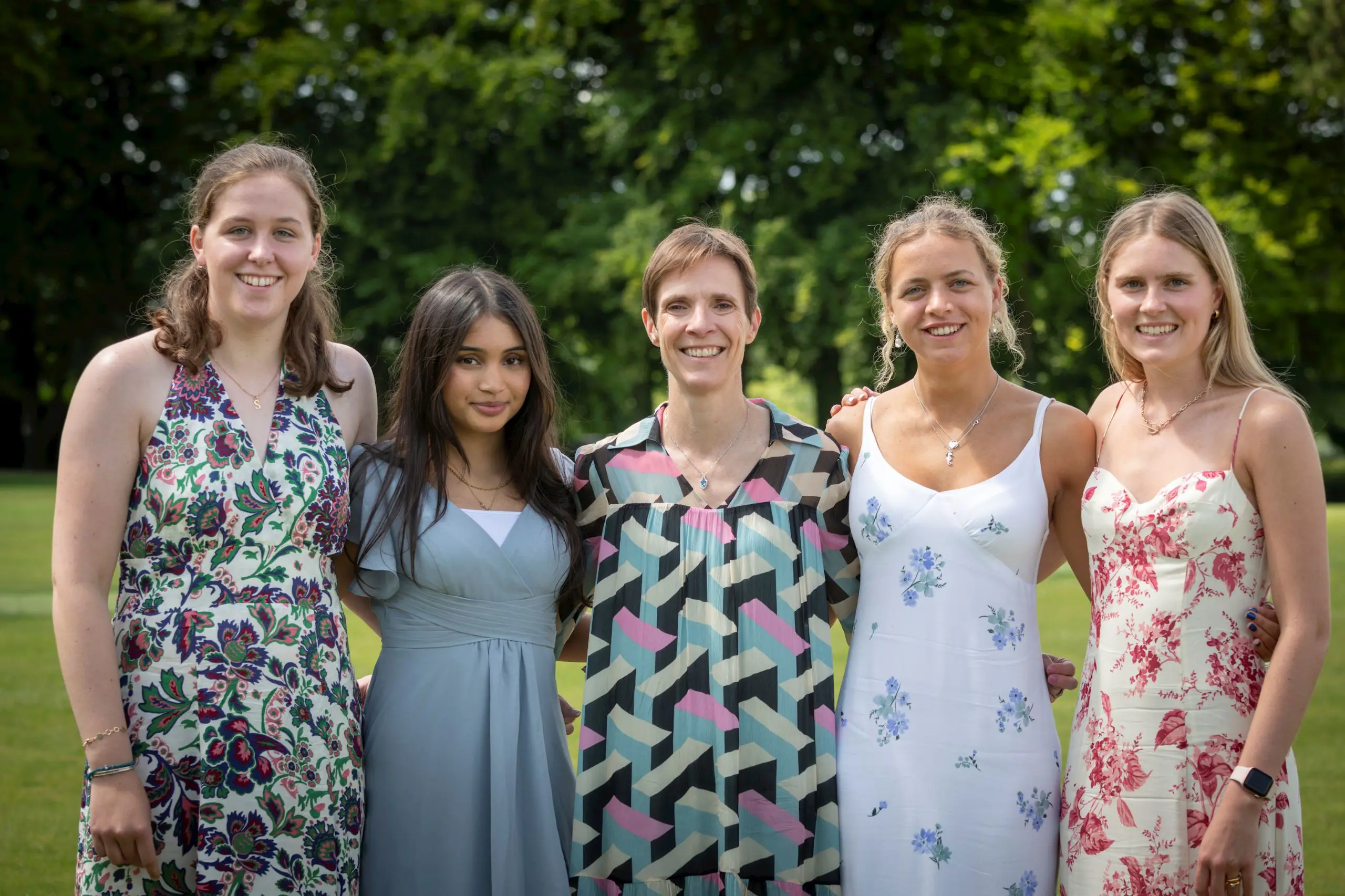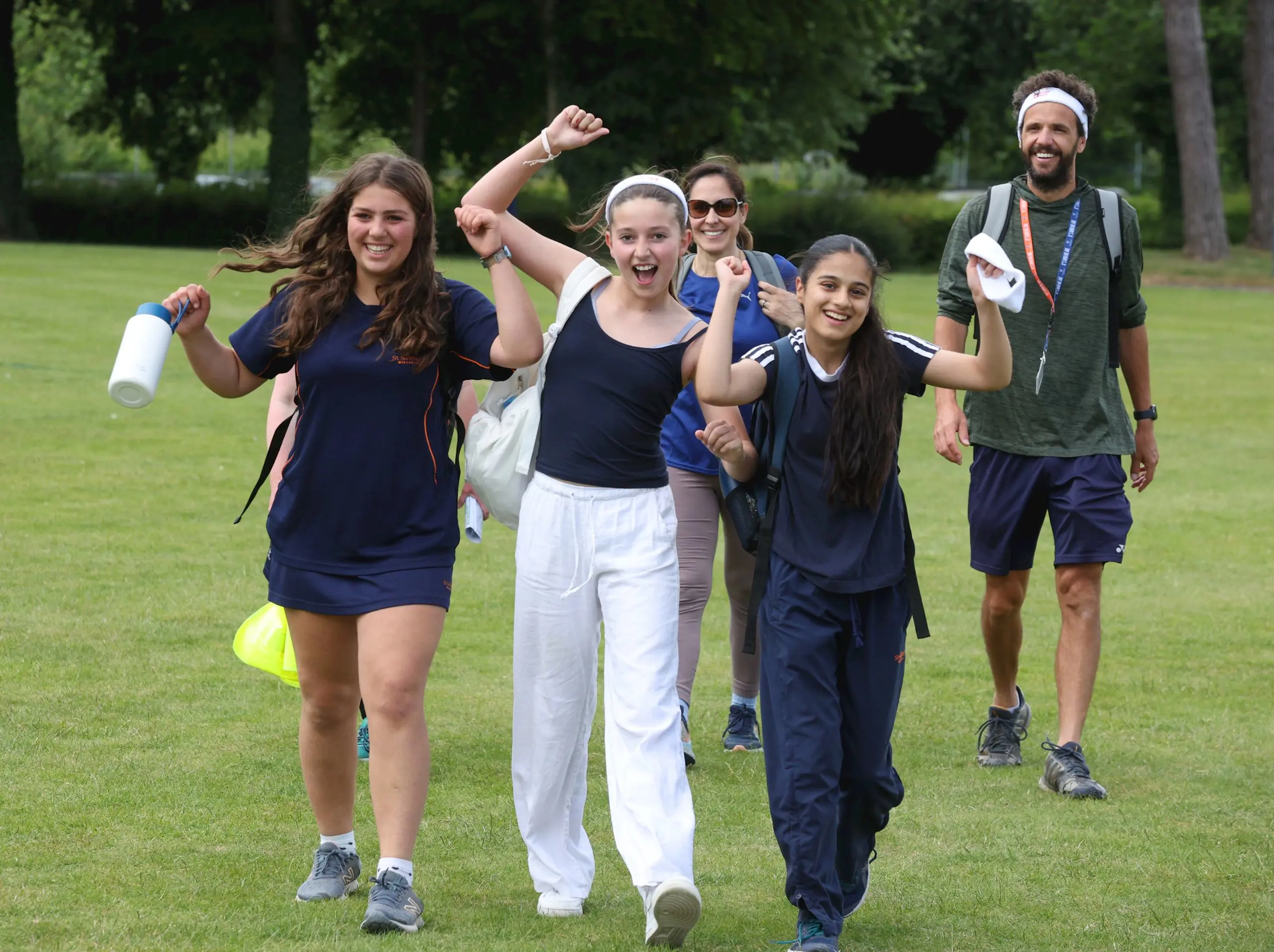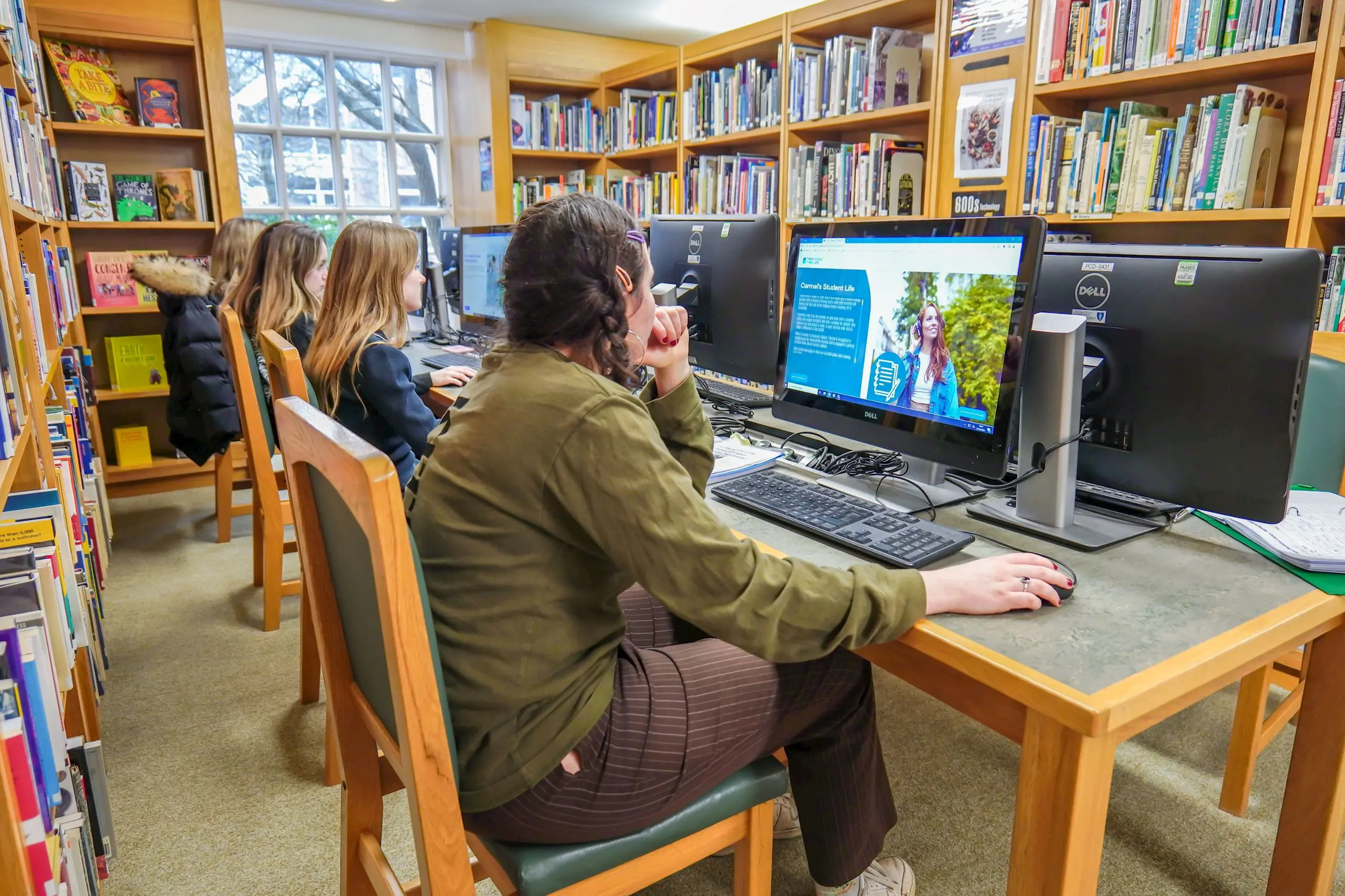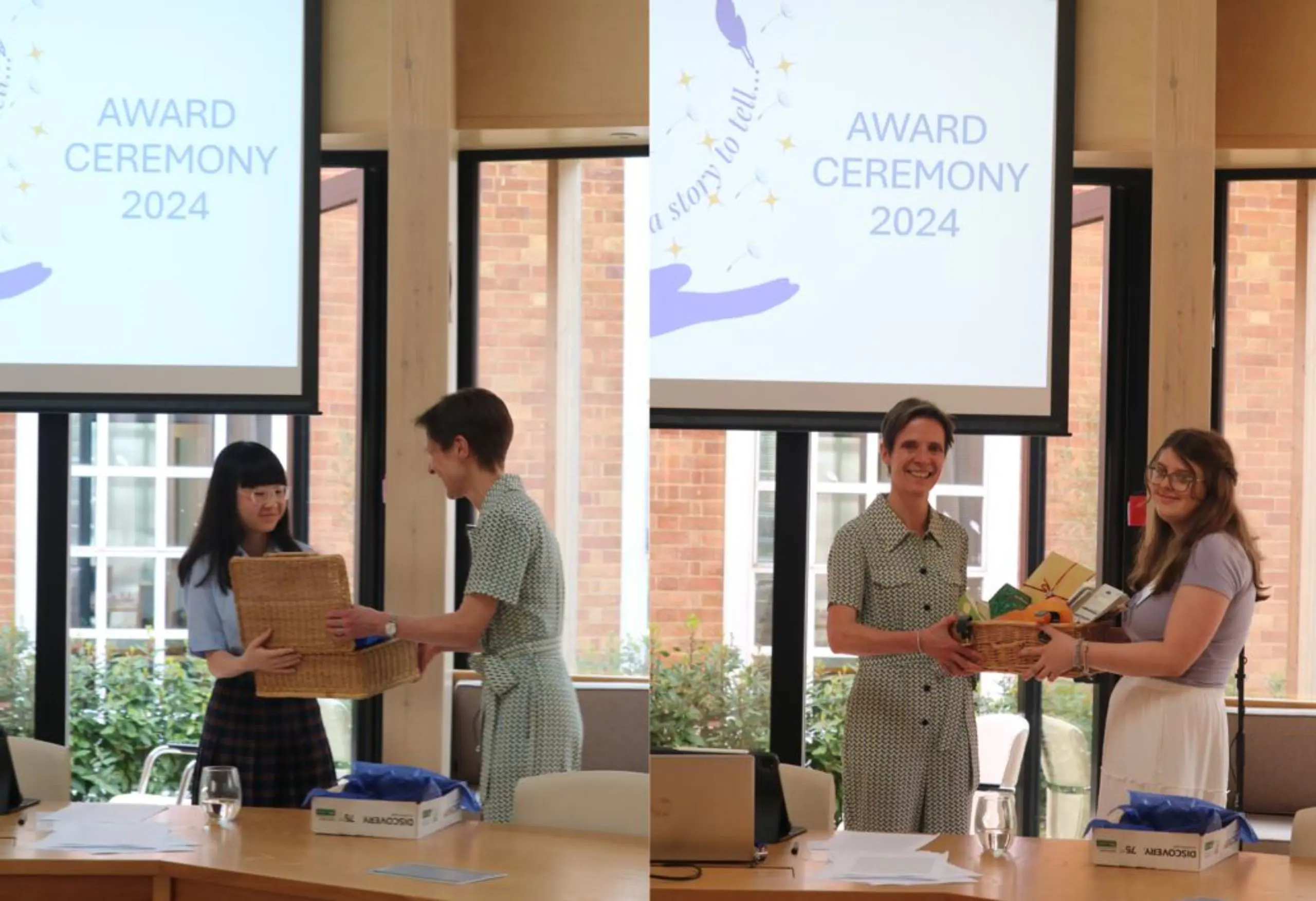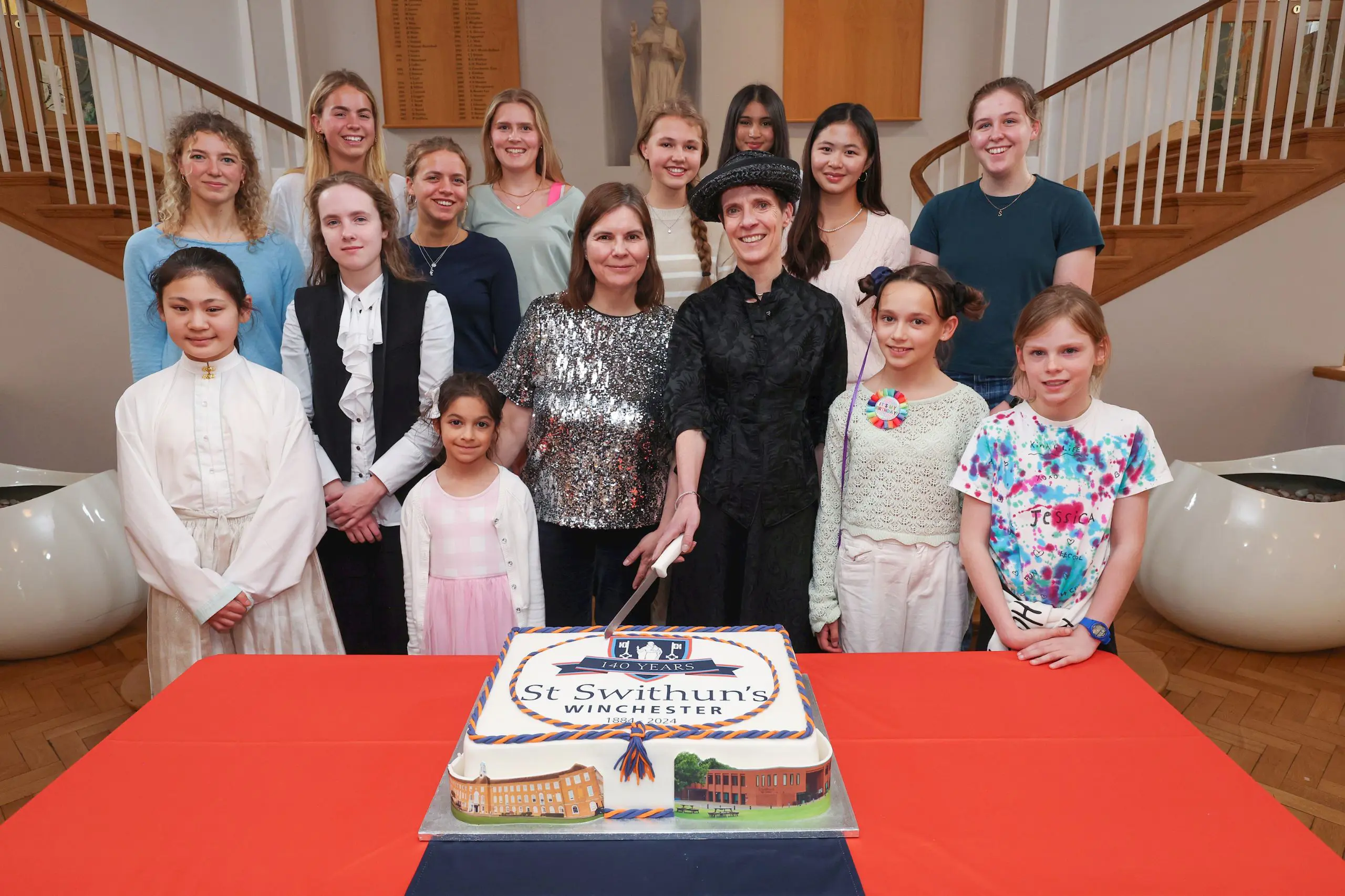-
Fri, 05 Dec 2025
Best Delegates Award for St Swithun’s at Oxford Global MUN
-
Wed, 26 Nov 2025
U4 Take on Paris: Crêpes, Culture and Countless Steps
-
Wed, 26 Nov 2025
St Swithun’s Chef Awarded Junior Chef of the Year
-
Thu, 20 Nov 2025
Building STEM ambassadors of the future at St Swithun’s Prep School
-
Thu, 18 Sep 2025
St Swithun’s celebrates 25 years of Greenpower
-
Mon, 01 Sep 2025
Starting boarding? Top tips from current boarders
-
Tue, 26 Aug 2025
Triple Triumph for St Swithun’s Linguists in National Competitions
-
Thu, 21 Aug 2025
St Swithun’s celebrates the school’s highest ever top GCSE grades
-
Wed, 20 Aug 2025
Our Prep Outdoor Explorers is Award-Winning – So Why Learn Outside?
-
Thu, 14 Aug 2025
St Swithun’s A-level students celebrate a record-breaking year
-
Tue, 24 Jun 2025
Author Thomas Harding visits St Swithun’s School for academic lunch
-
Tue, 27 May 2025
St Swithun’s student founds Jane Austen book club at school
-
Wed, 09 Apr 2025
St Swithun’s students join the fight against period poverty
-
Mon, 31 Mar 2025
Headmistress Jane Gandee stands up for single-sex education
-
Thu, 20 Mar 2025
Sixth form student is a finalist at national maths competition
-
Wed, 12 Mar 2025
St Swithun’s prep win regional netball title and silver at nationals
-
Wed, 05 Mar 2025
Do girls perform better in an all-girls school?
-
Sun, 02 Feb 2025
St Swithun’s sixth-form students celebrate Oxbridge offers
-
Wed, 09 Oct 2024
Sporting Super Saturday for St Swithun’s
-
Thu, 22 Aug 2024
St Swithun's School Celebrates Impressive 2024 GCSE Results
-
Thu, 15 Aug 2024
St Swithun’s students celebrate excellent A Level results
-
Mon, 15 Jul 2024
St Swithun’s Challenge: A Community Triumph
-
Mon, 01 Jul 2024
Former Head Girl Jamie See on her time at St Swithun's
-
Fri, 21 Jun 2024
Equipping St Swithun’s girls for a secure future
-
Tue, 04 Jun 2024
St Swithun’s Write Well Competition Crowns Winners
-
Sun, 05 May 2024
St Swithun’s School celebrates its 140th birthday in style

